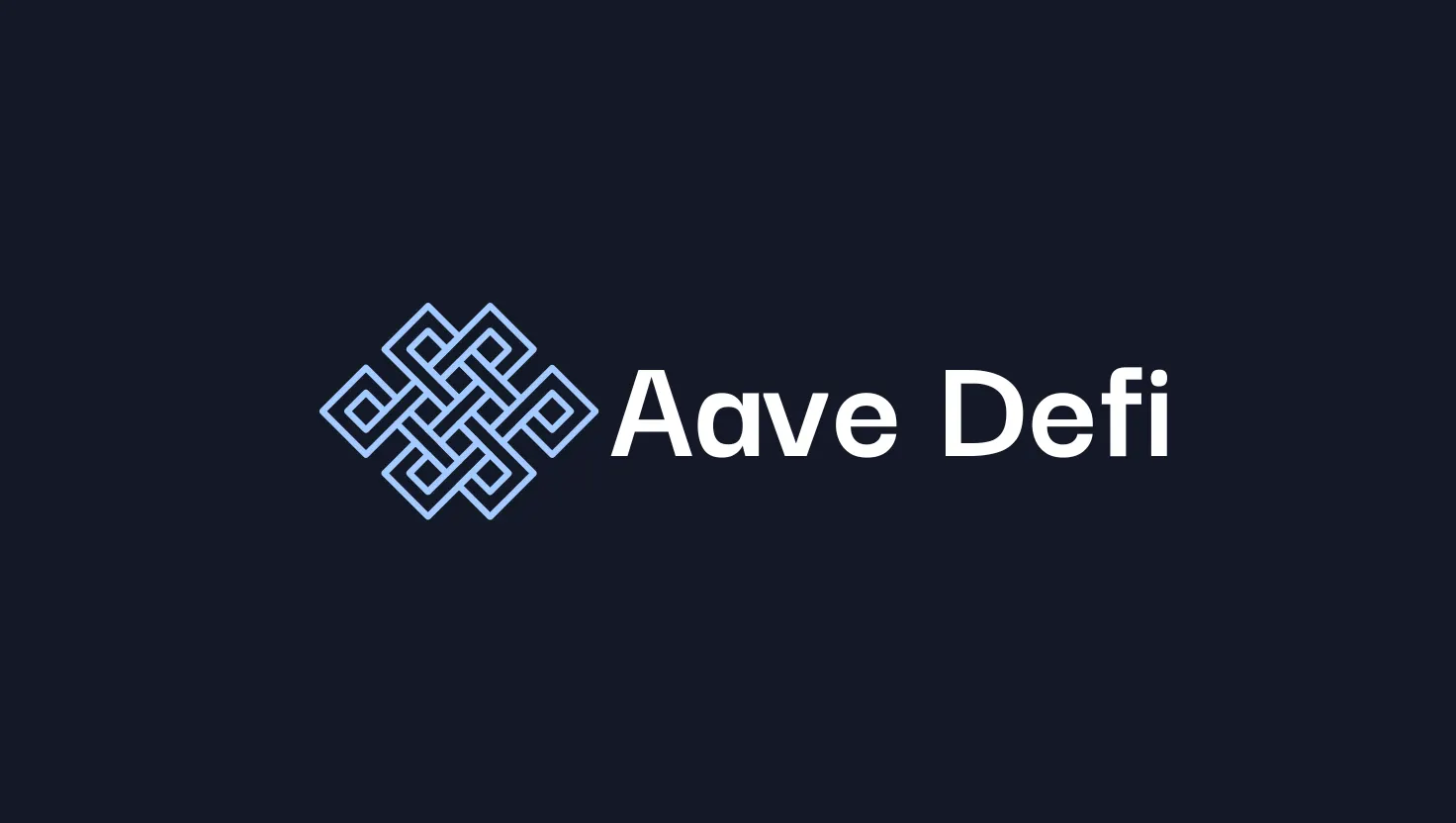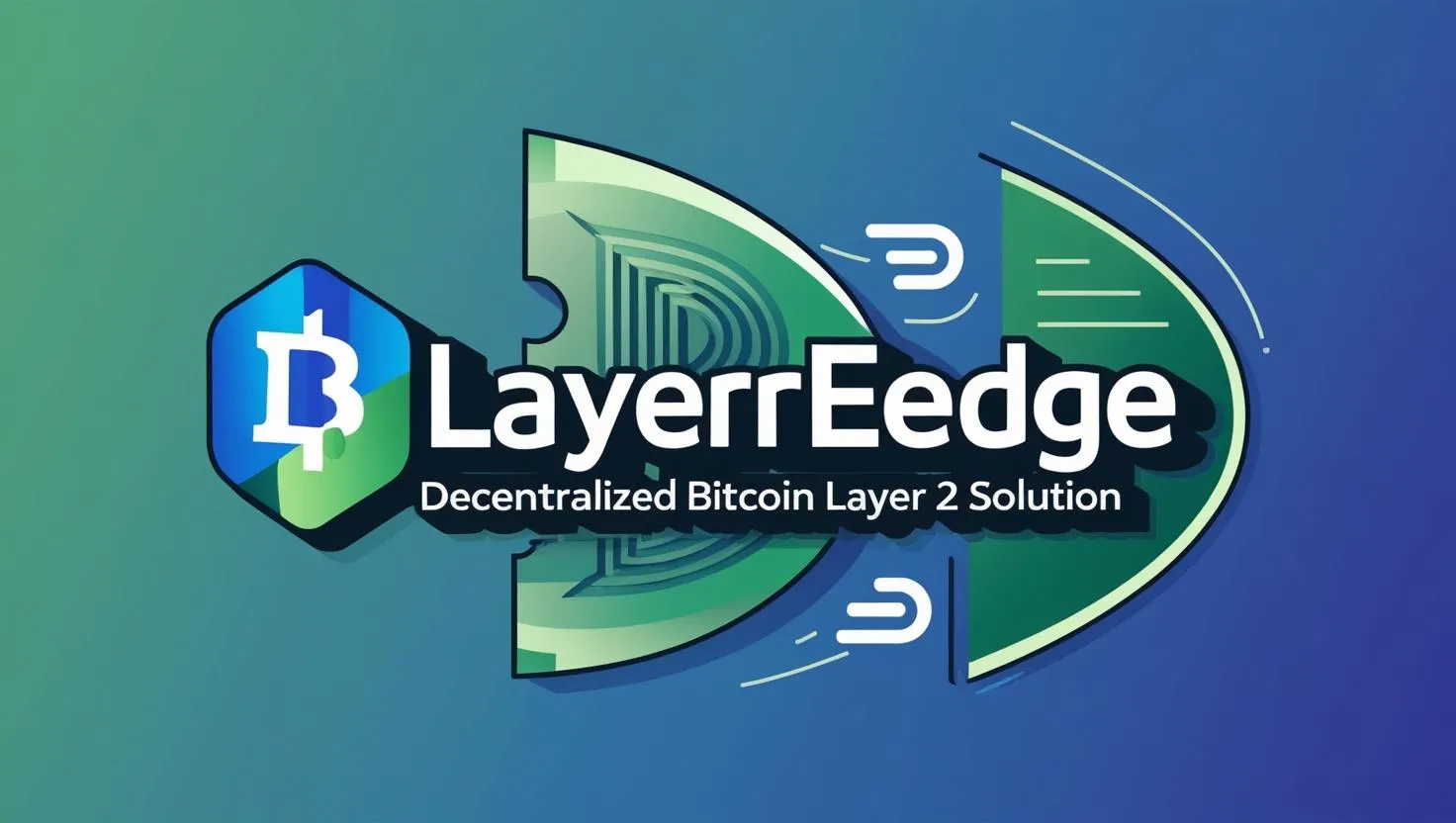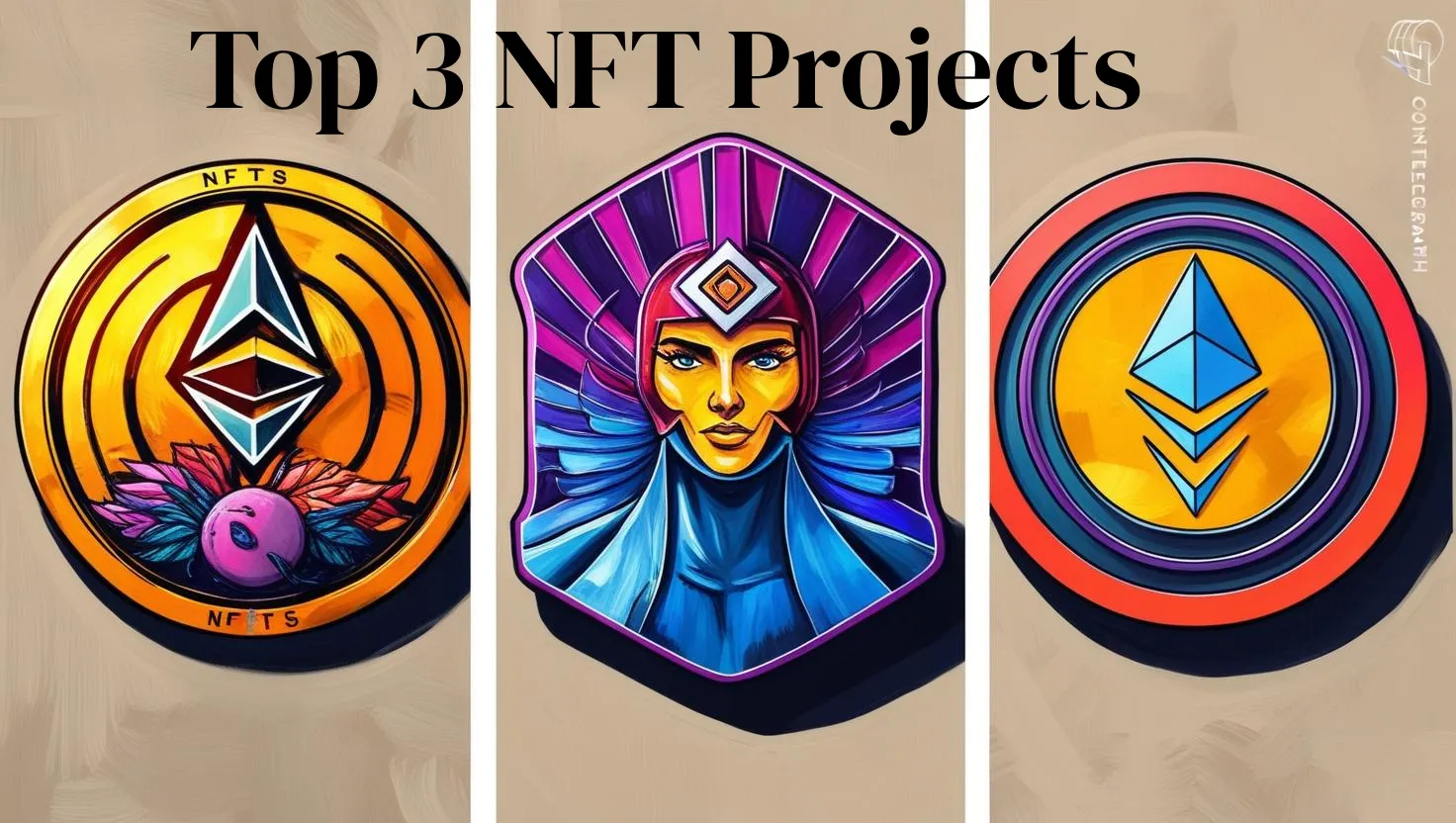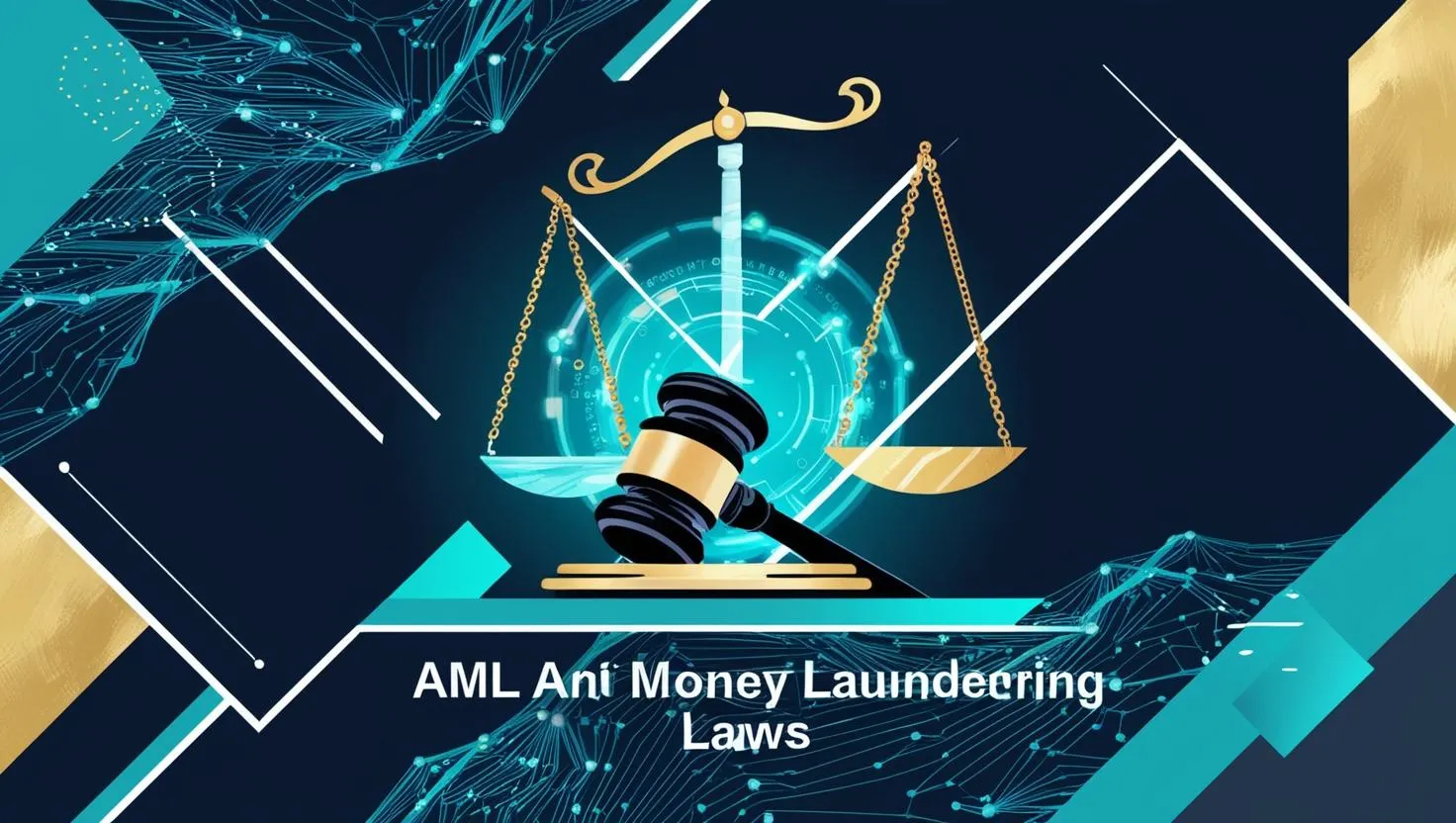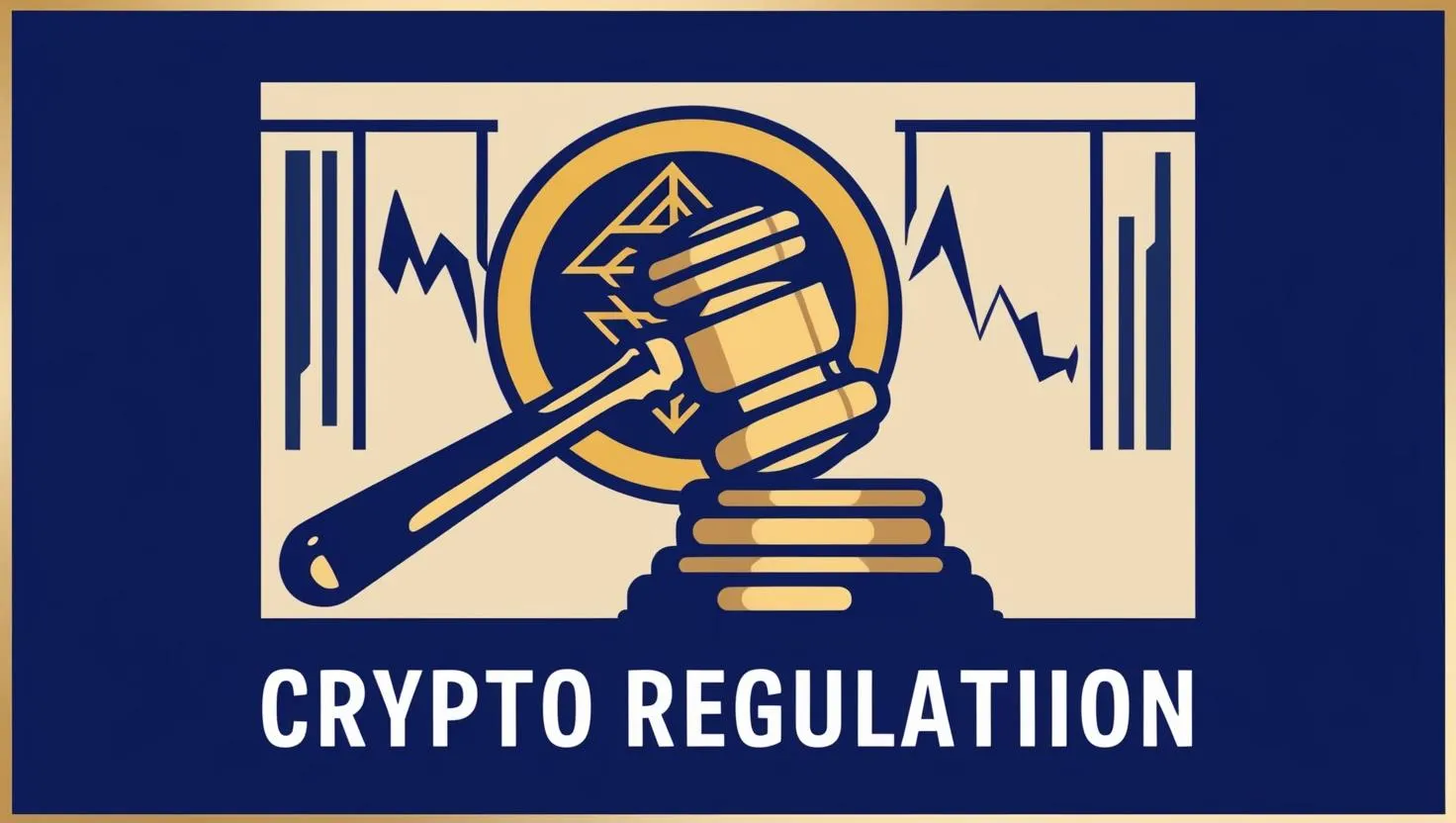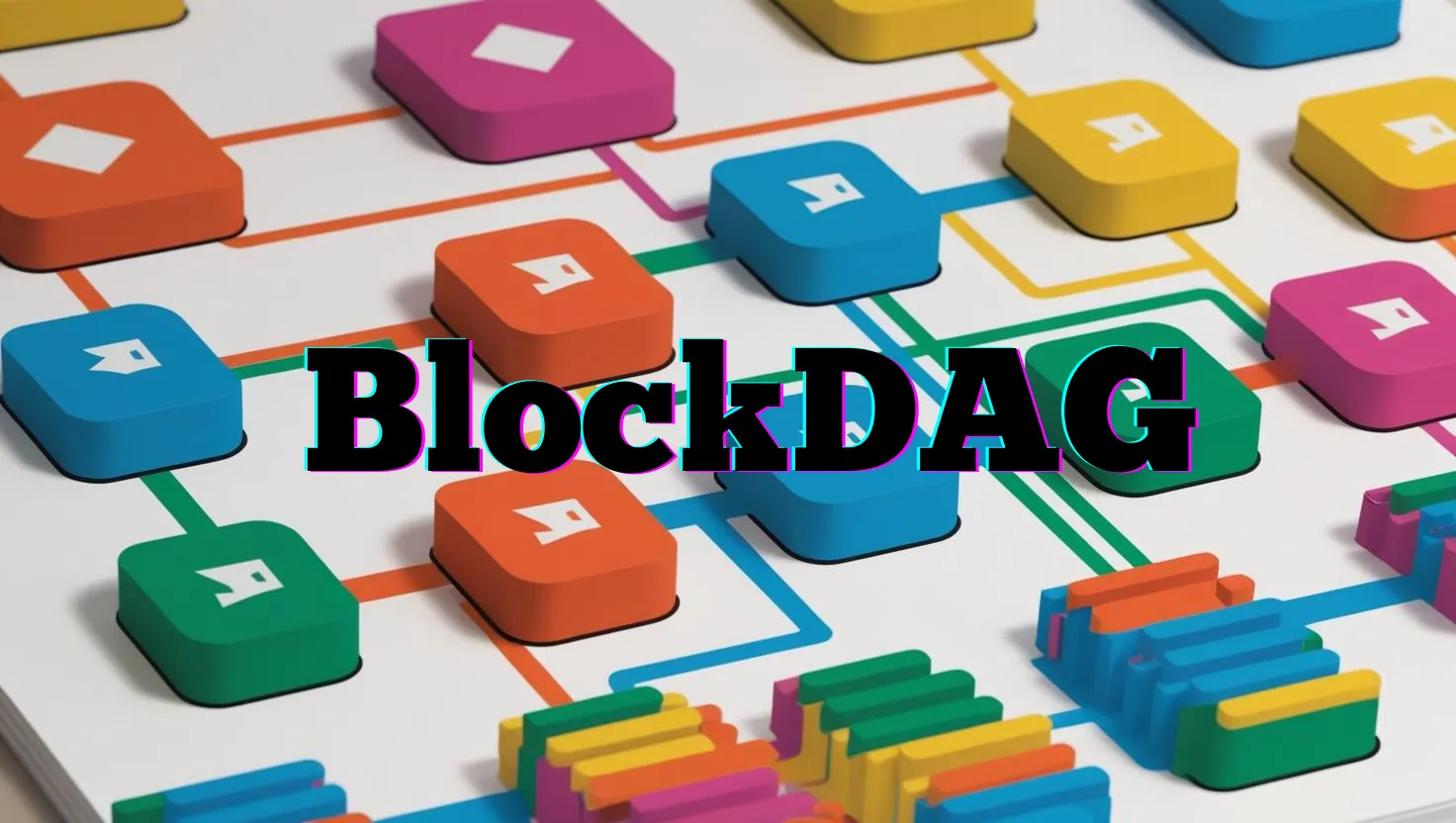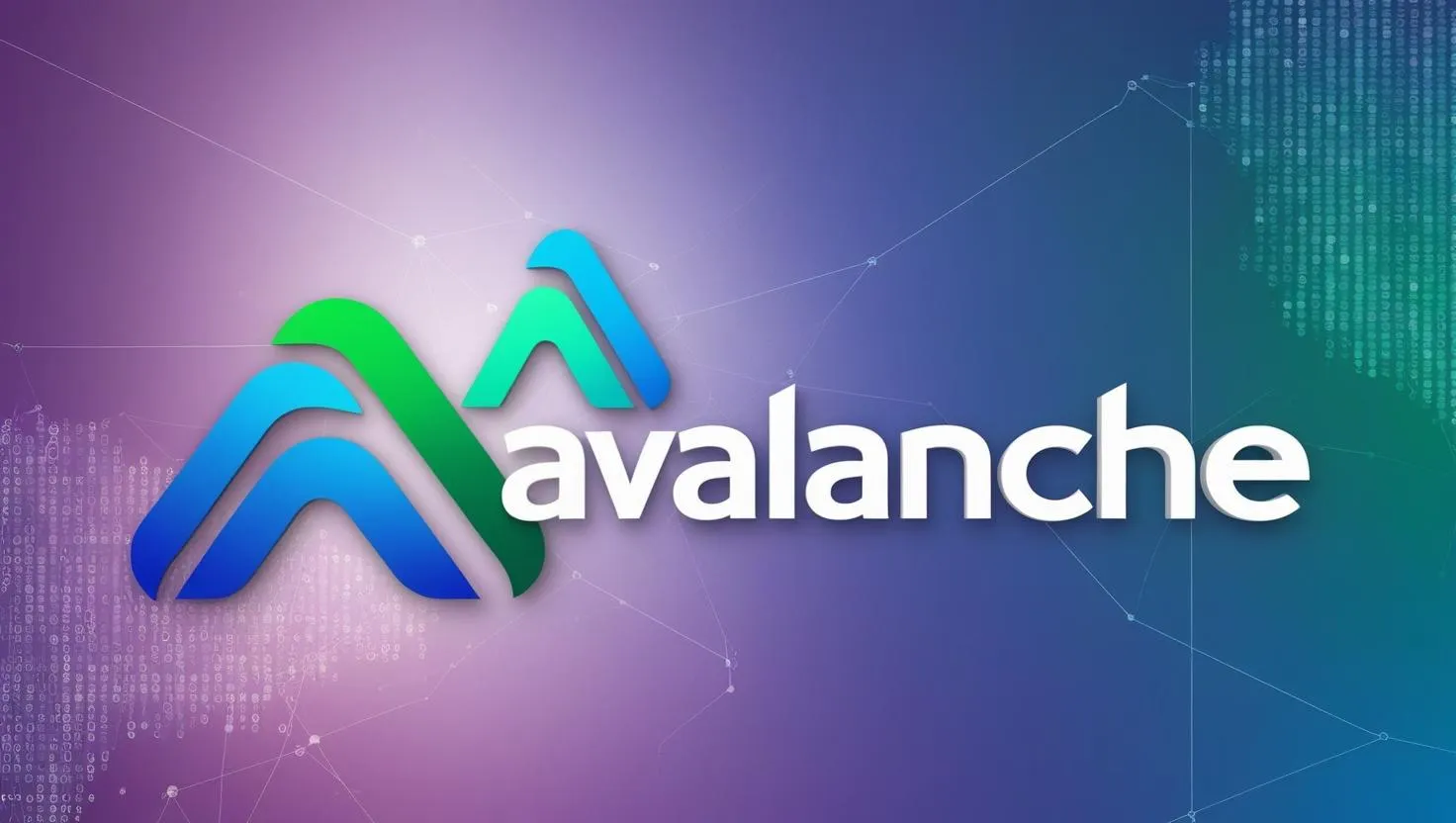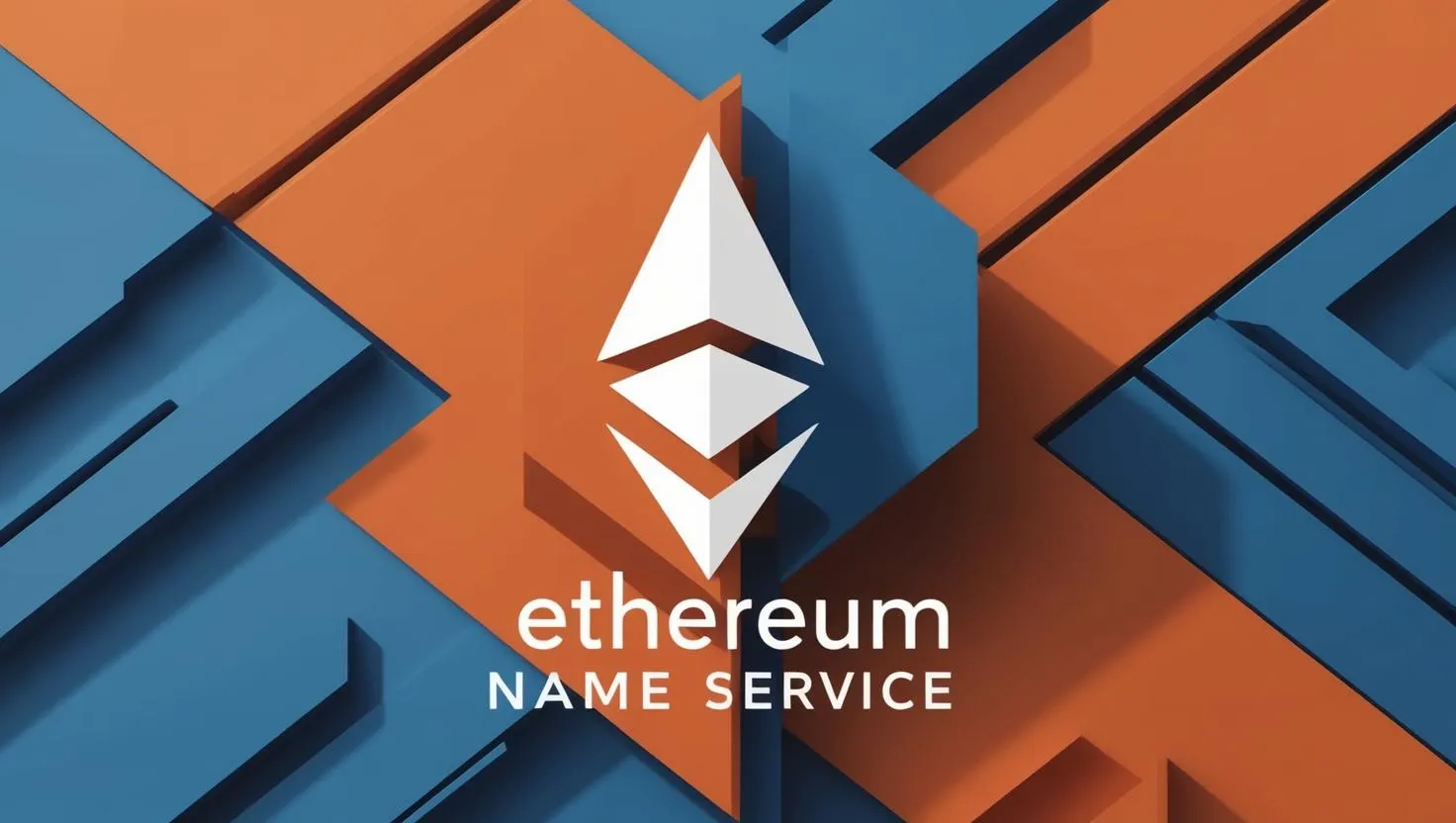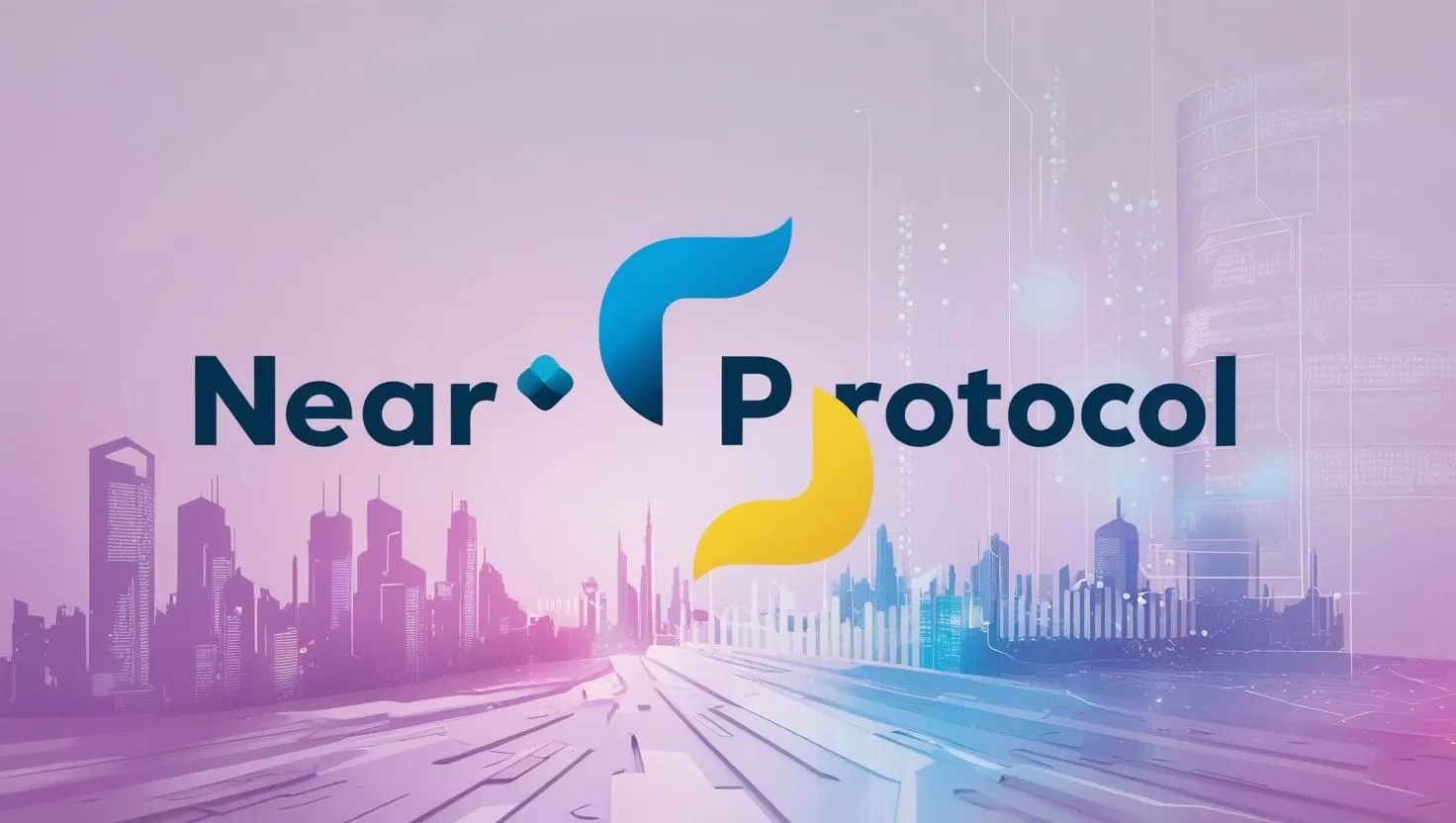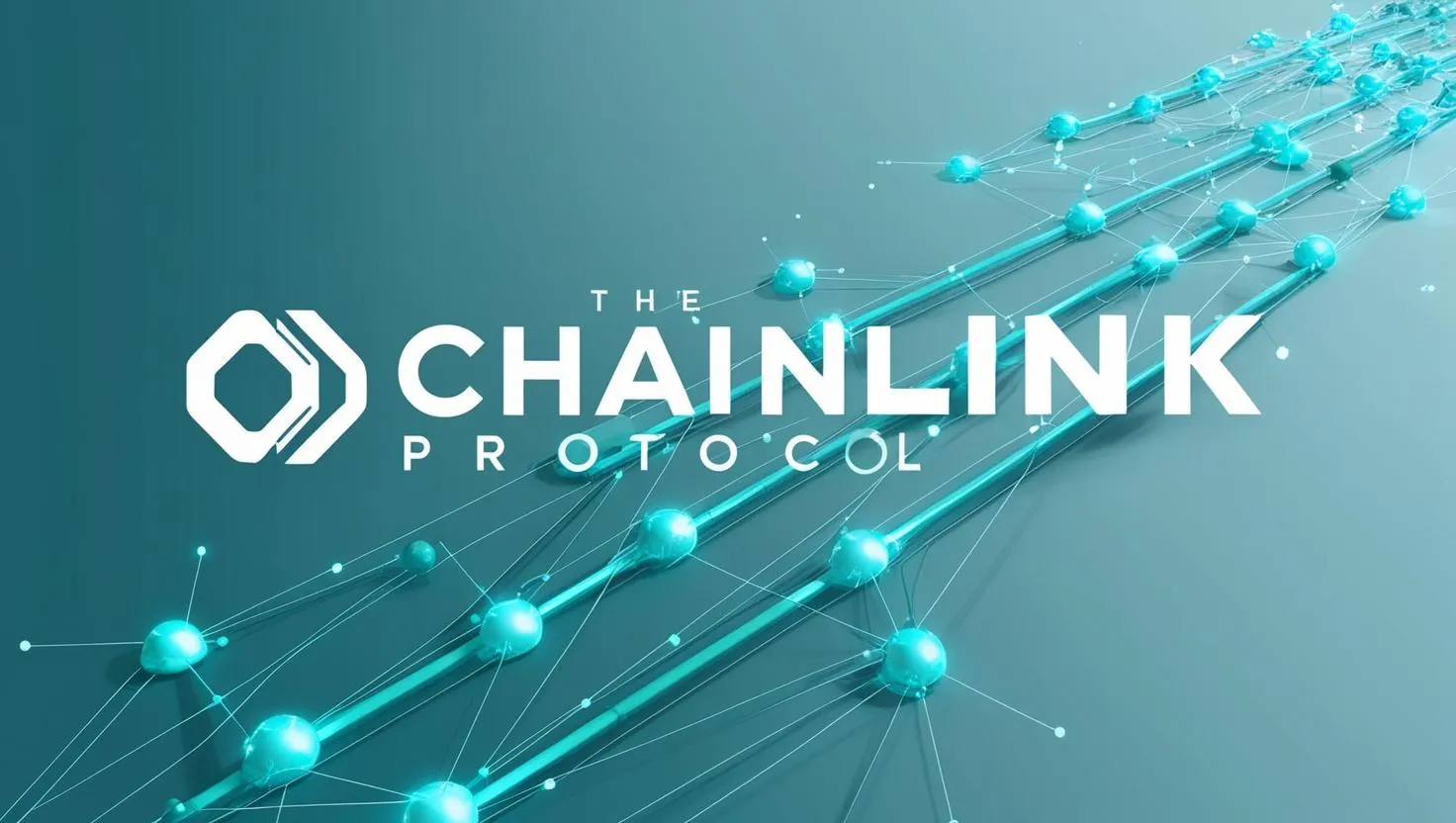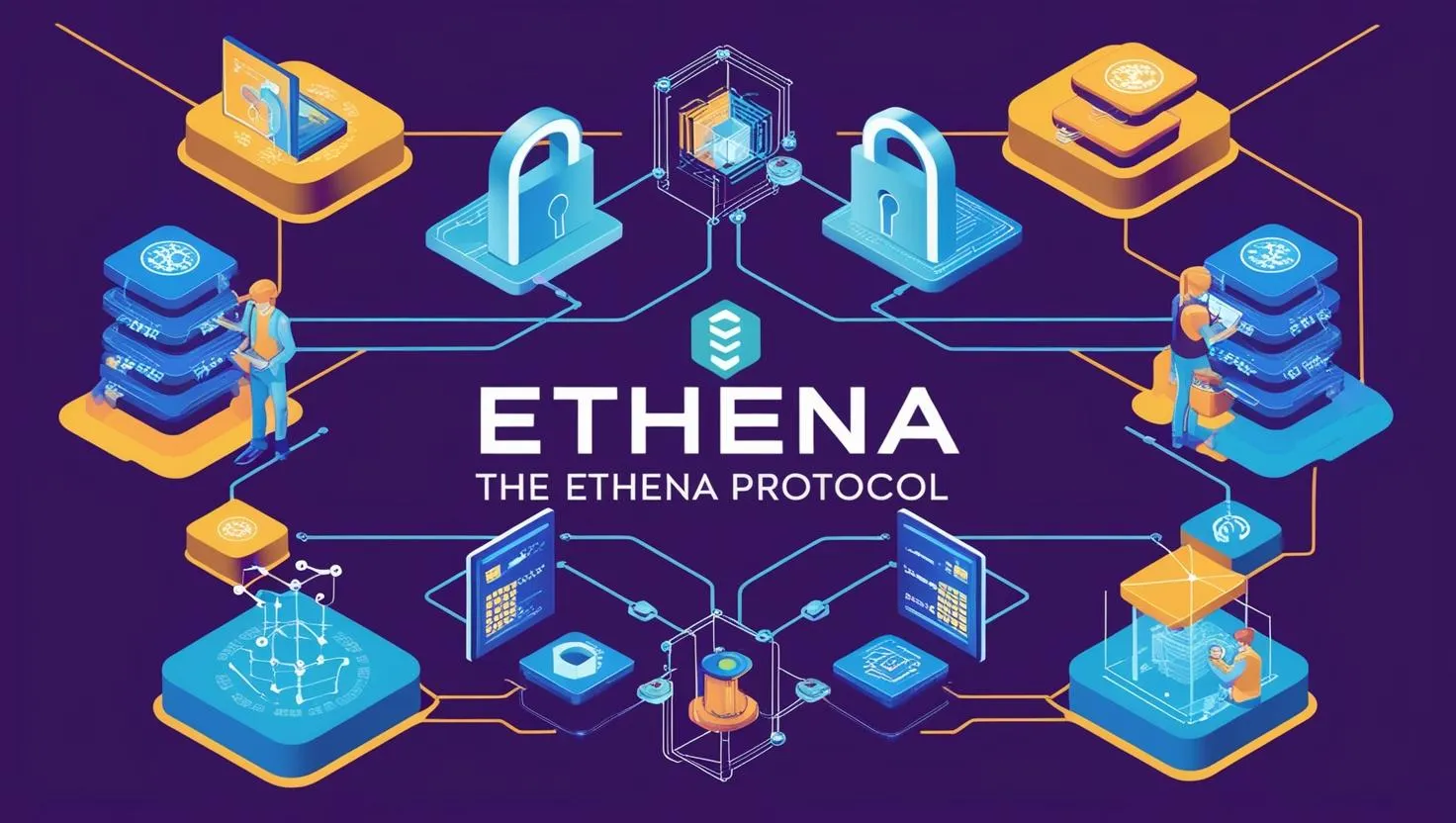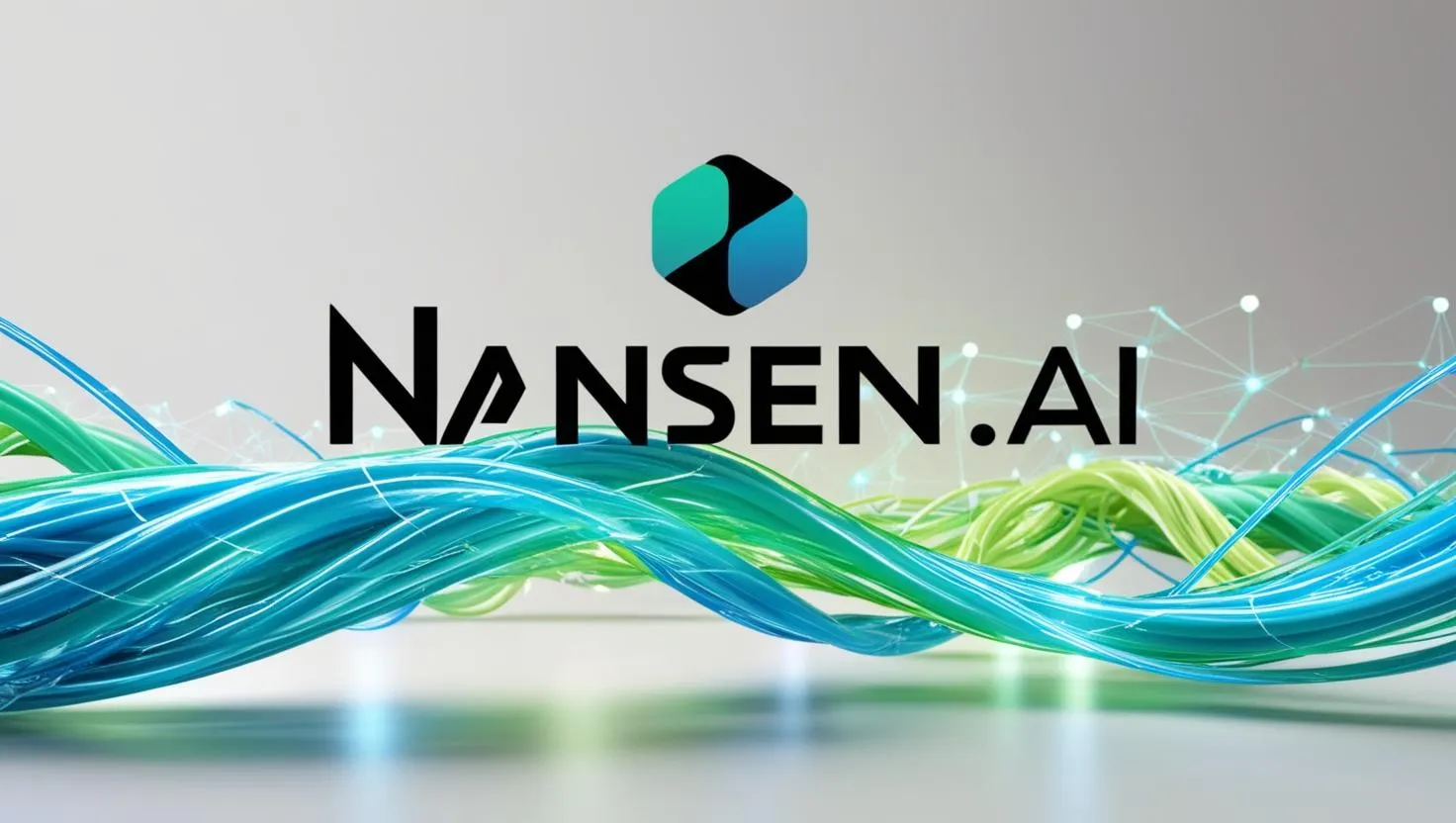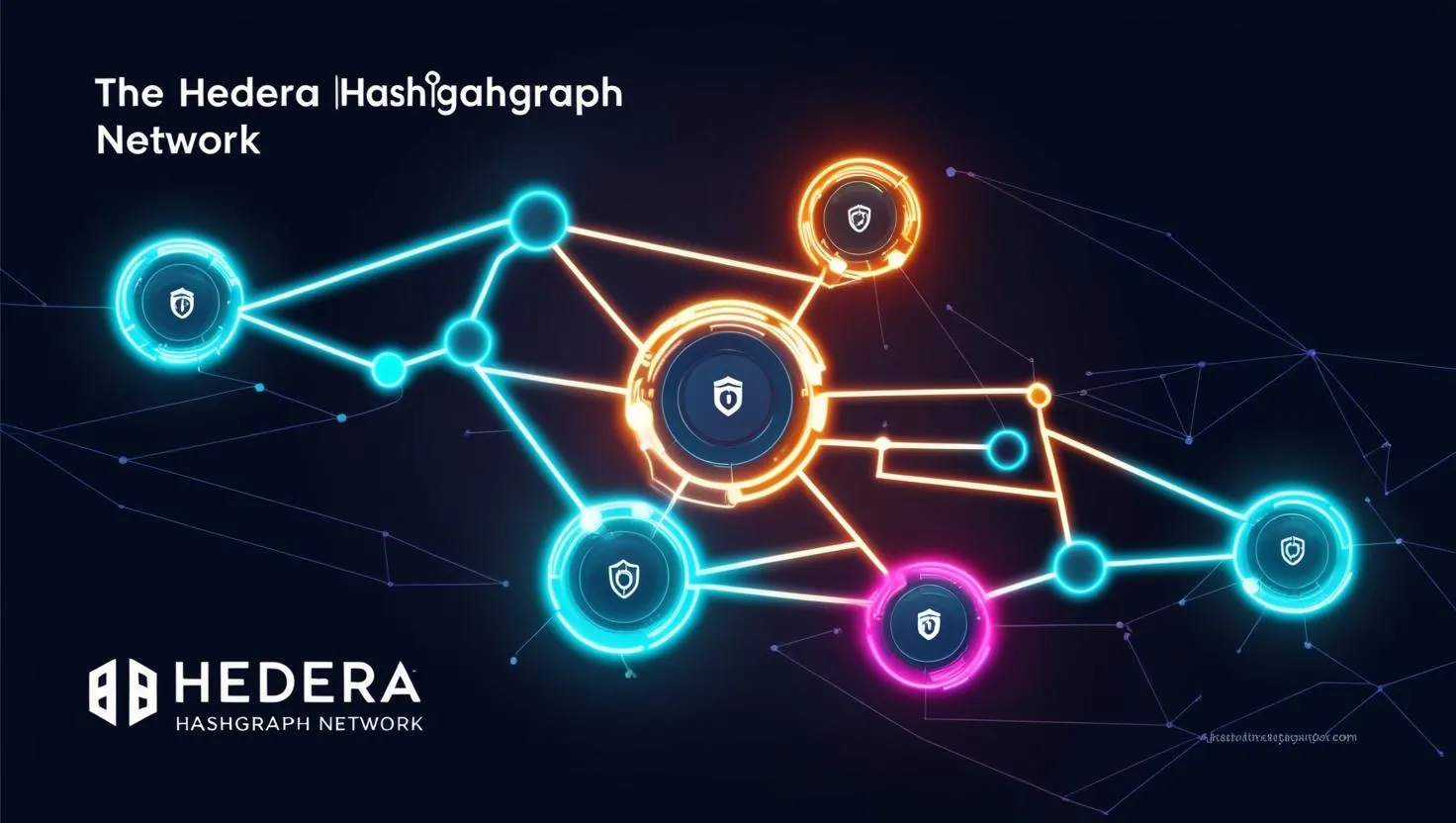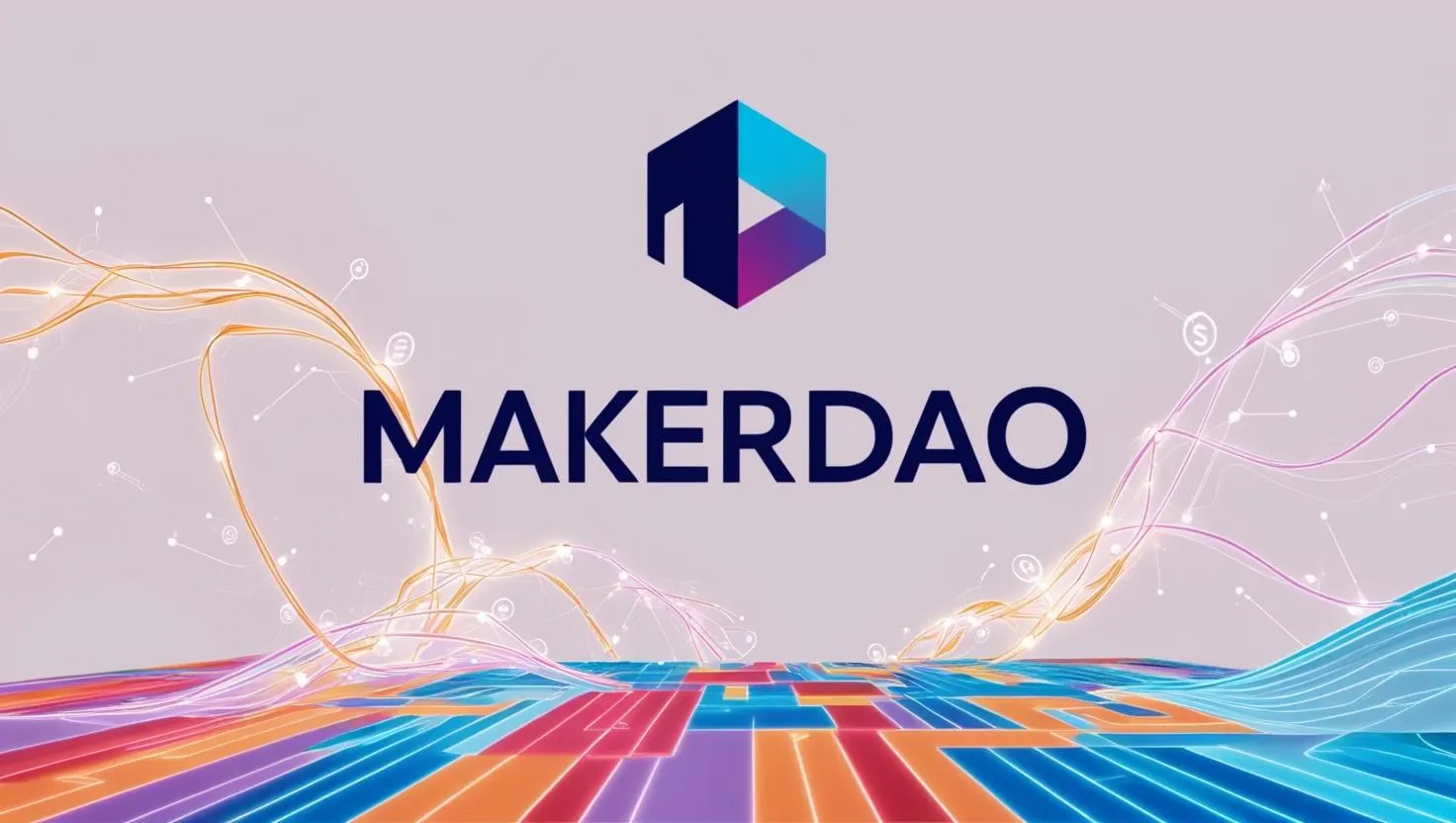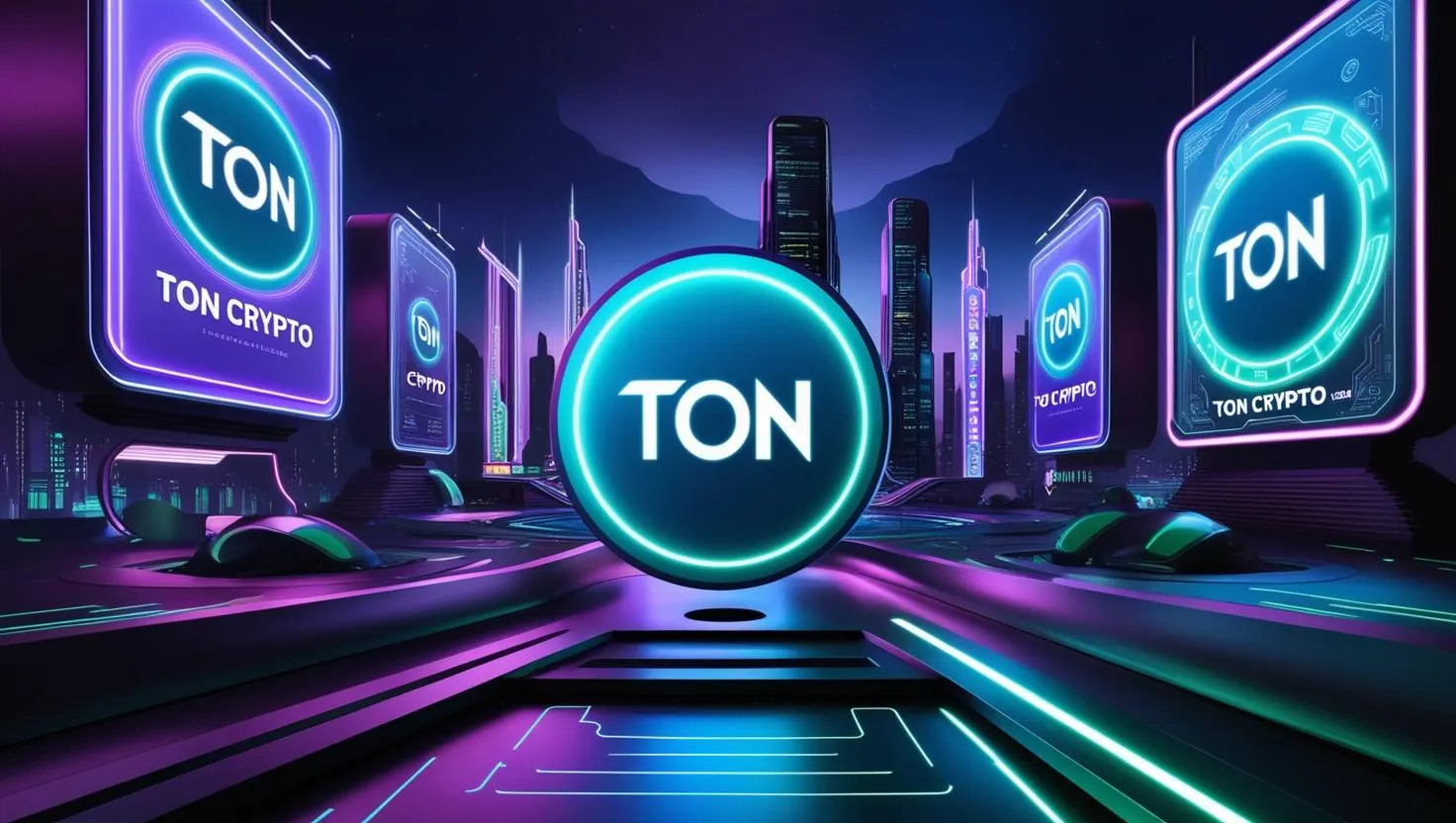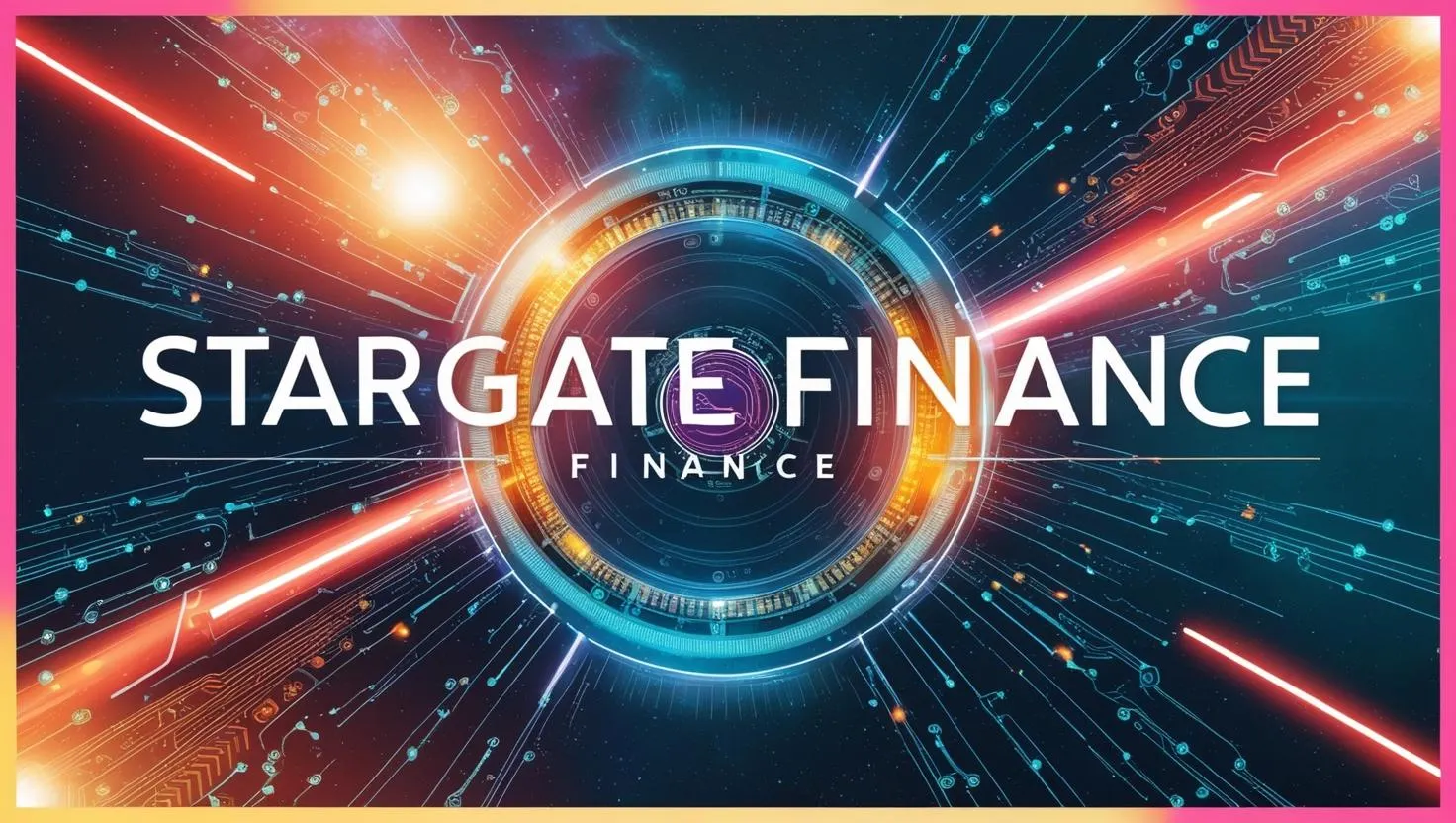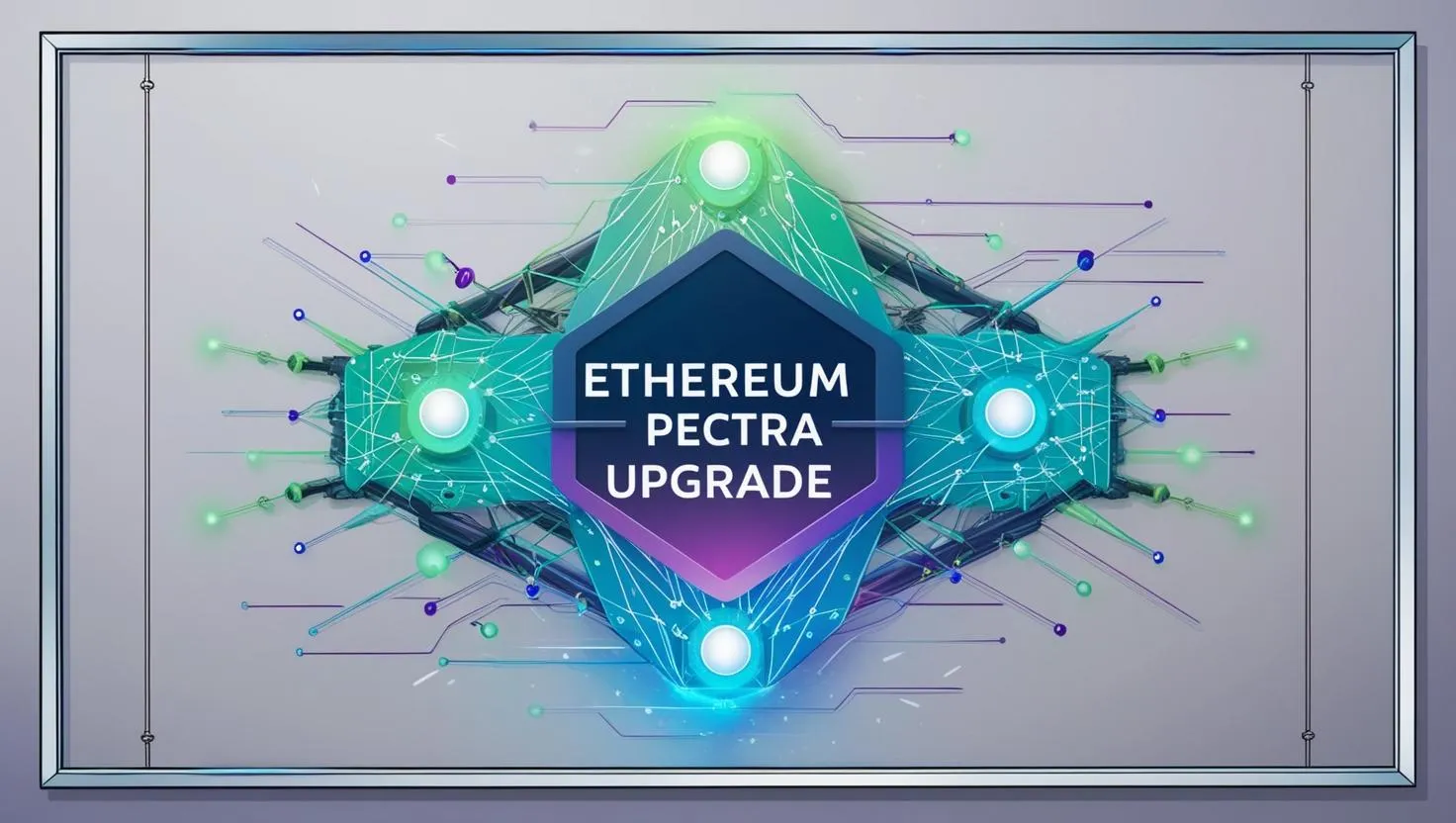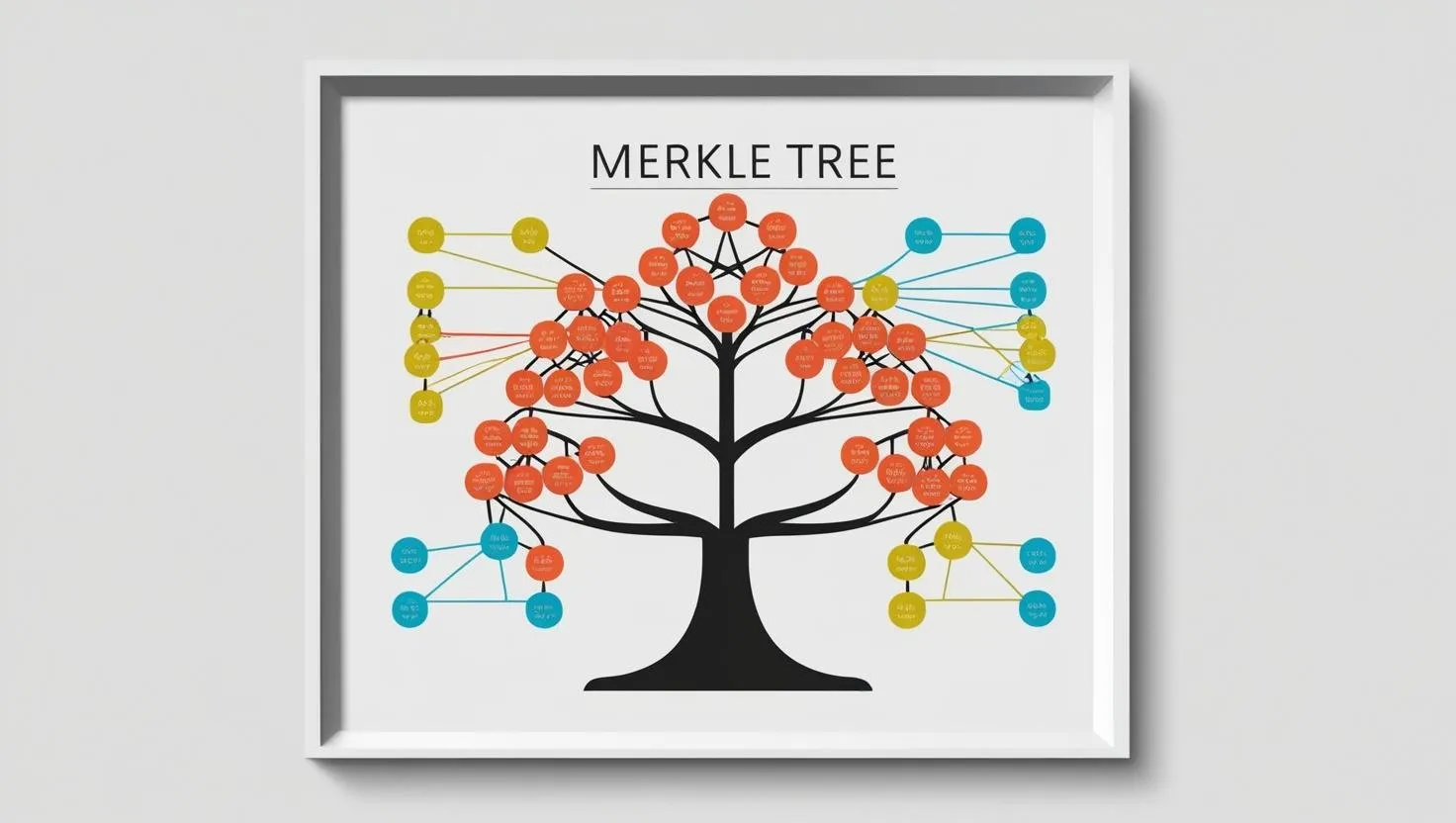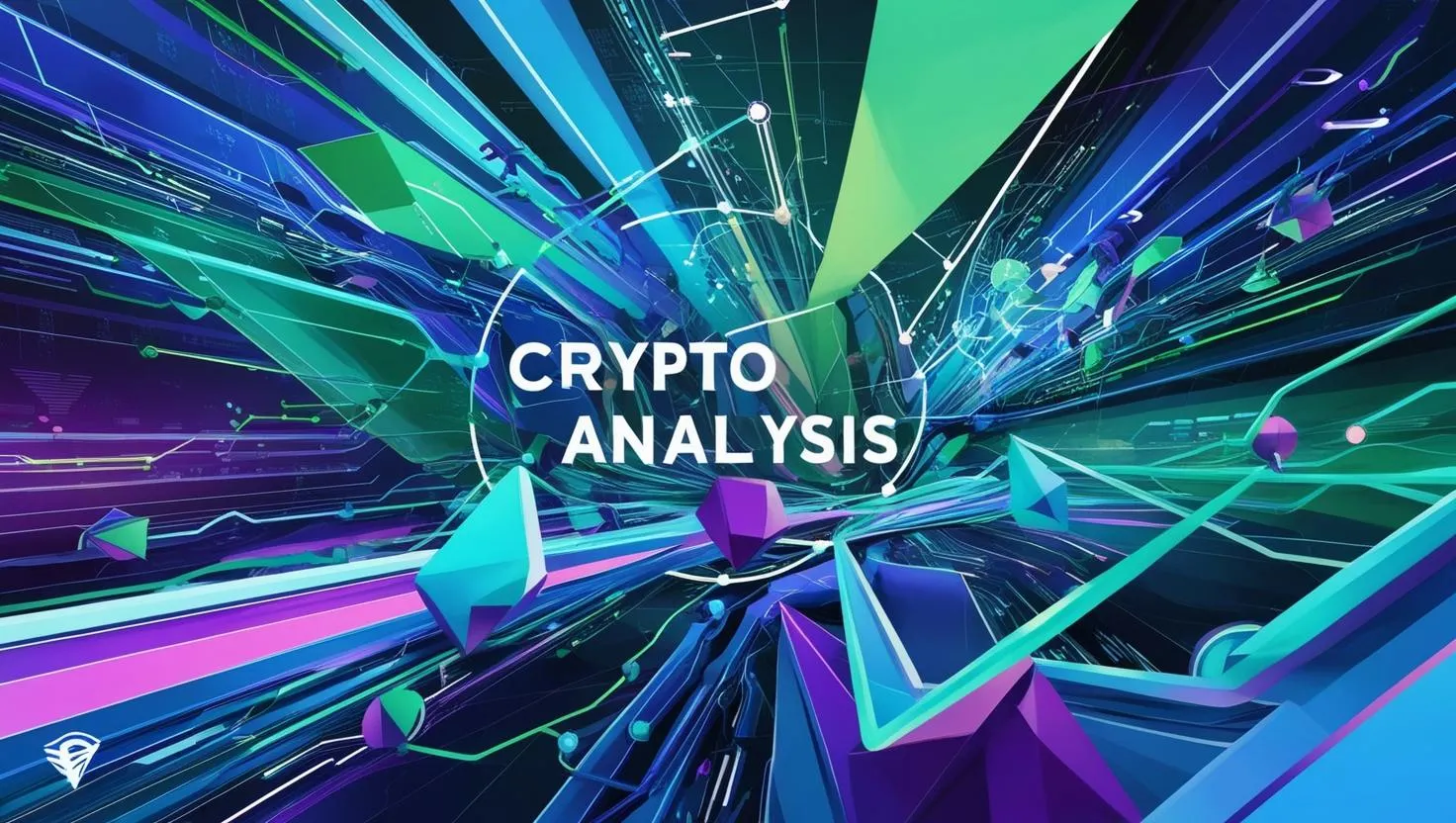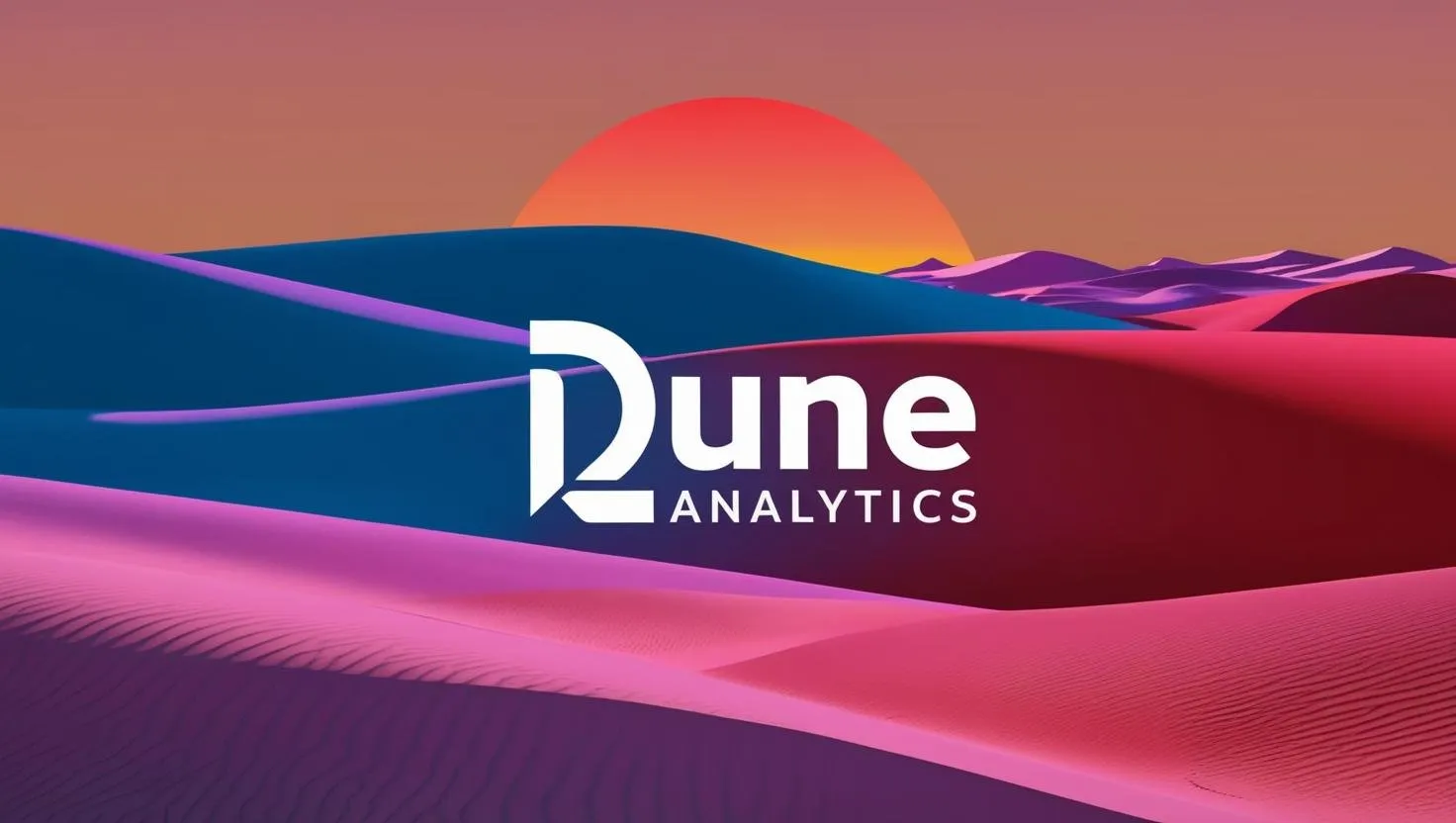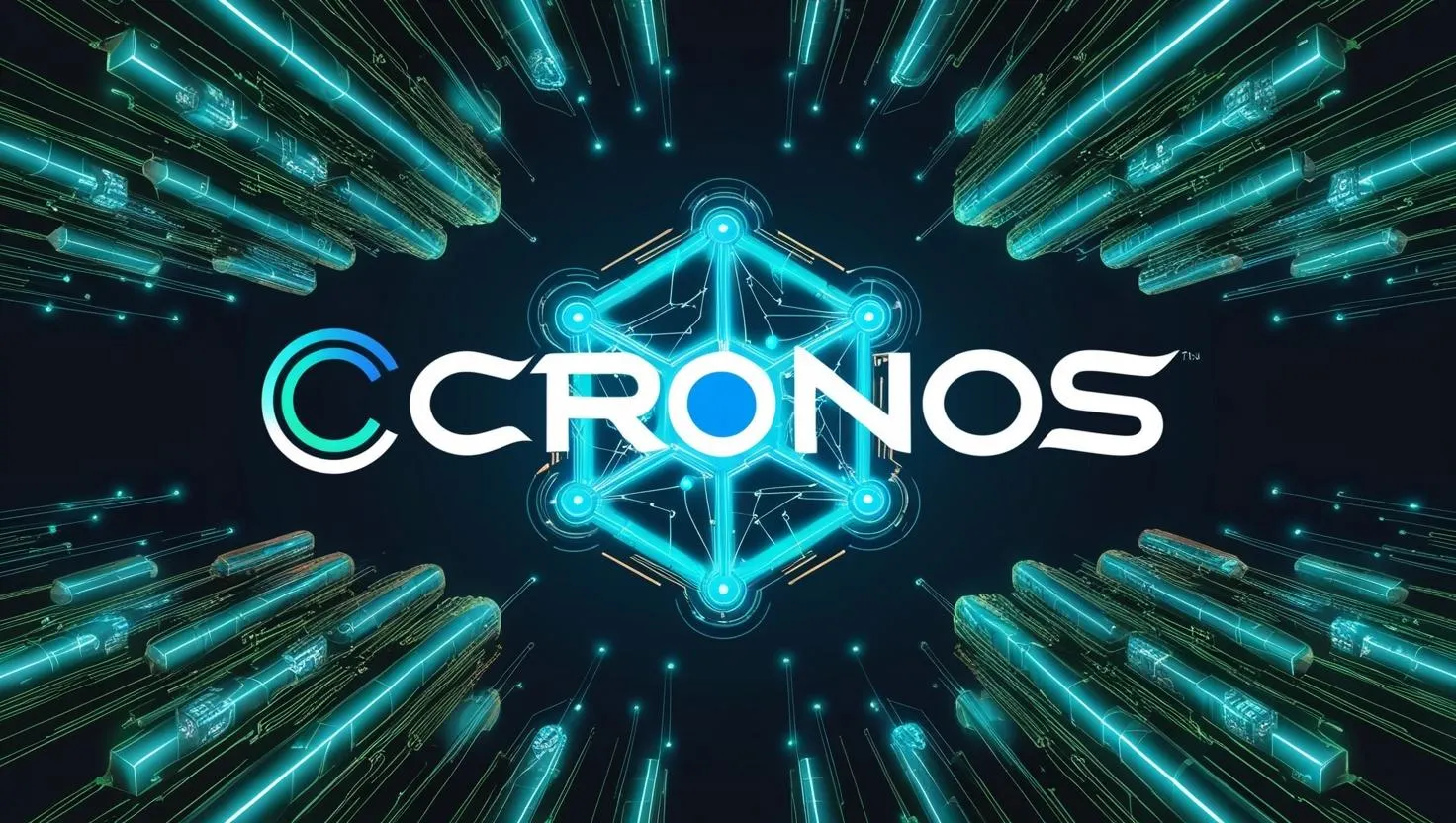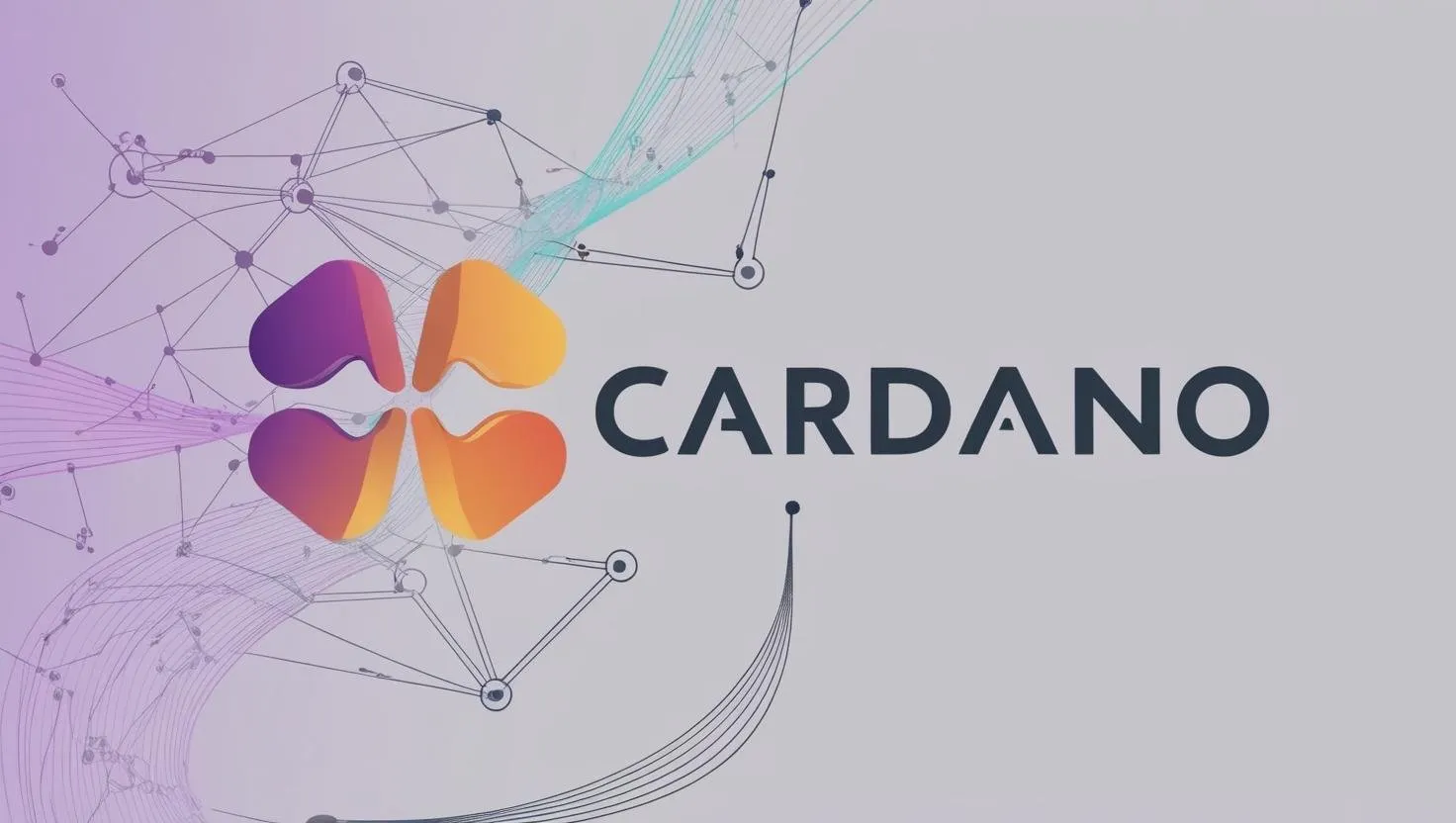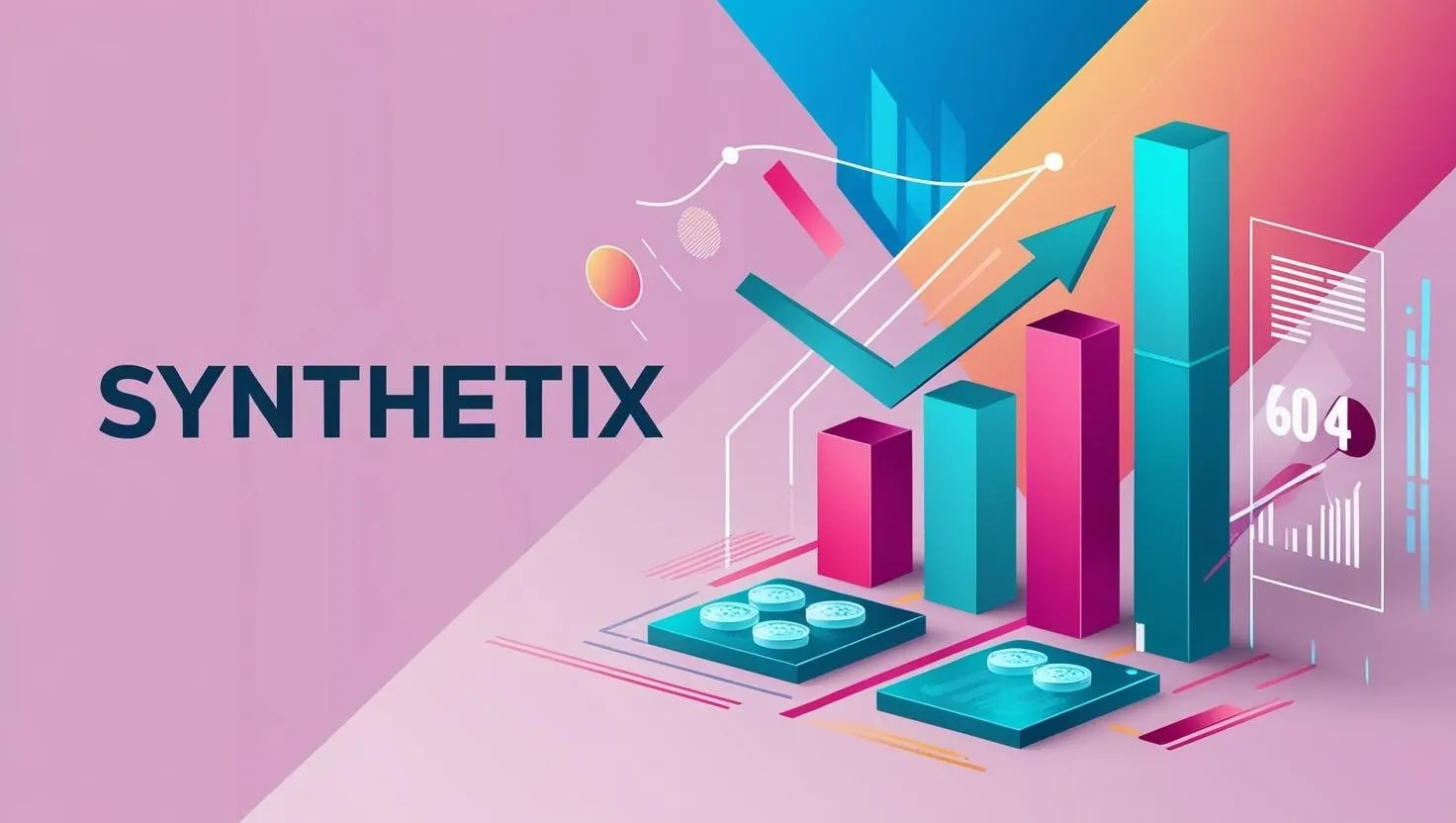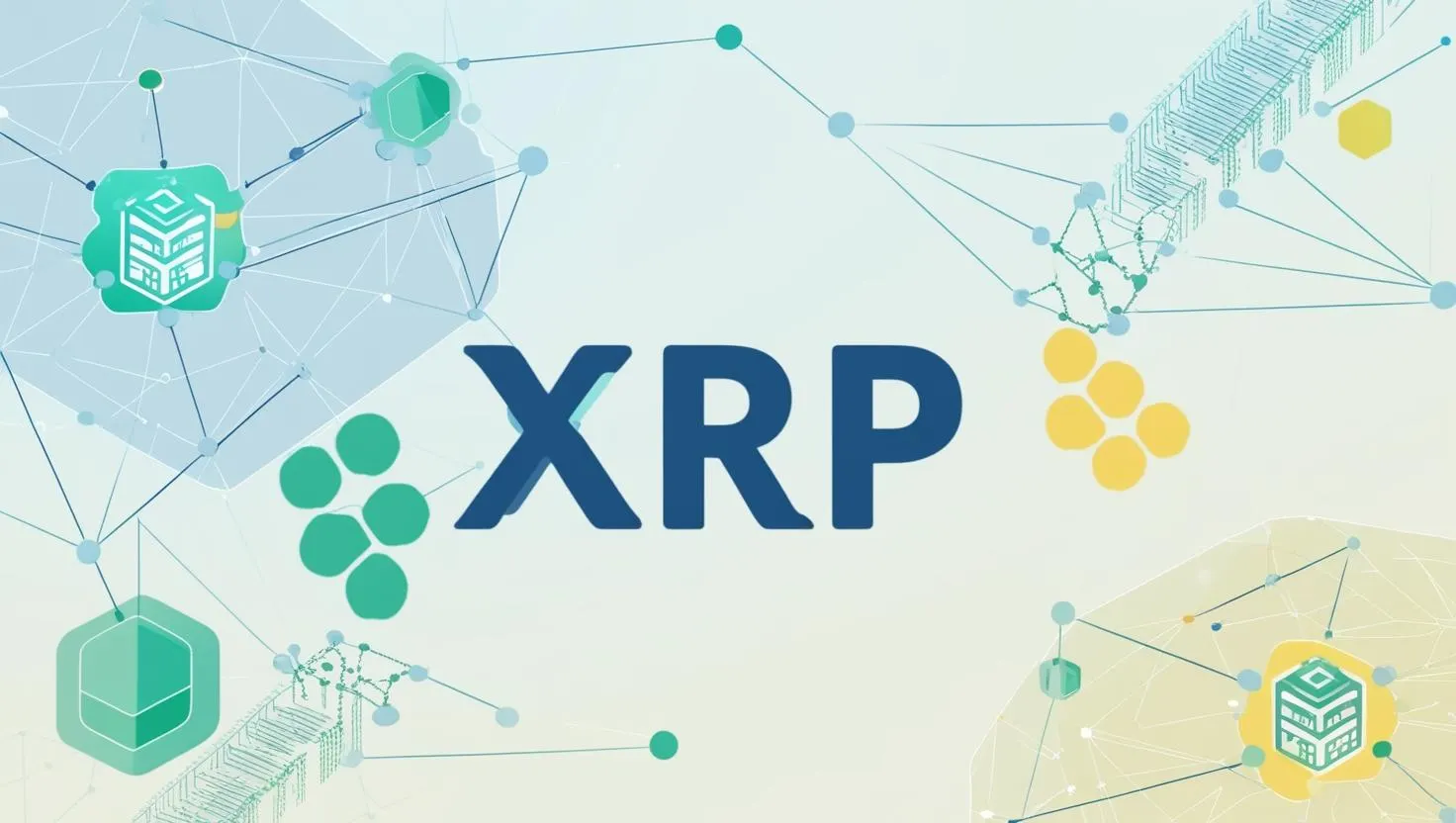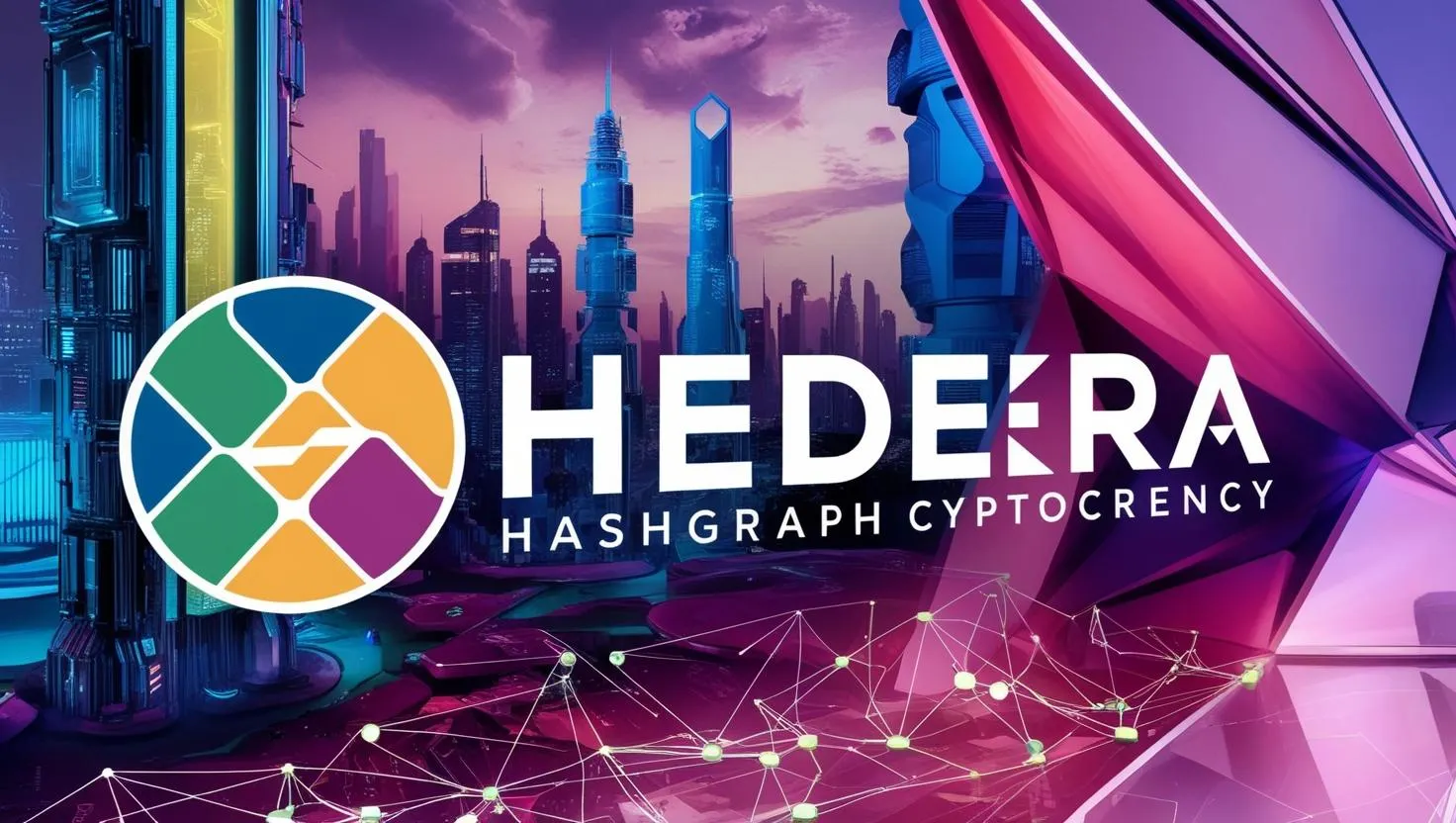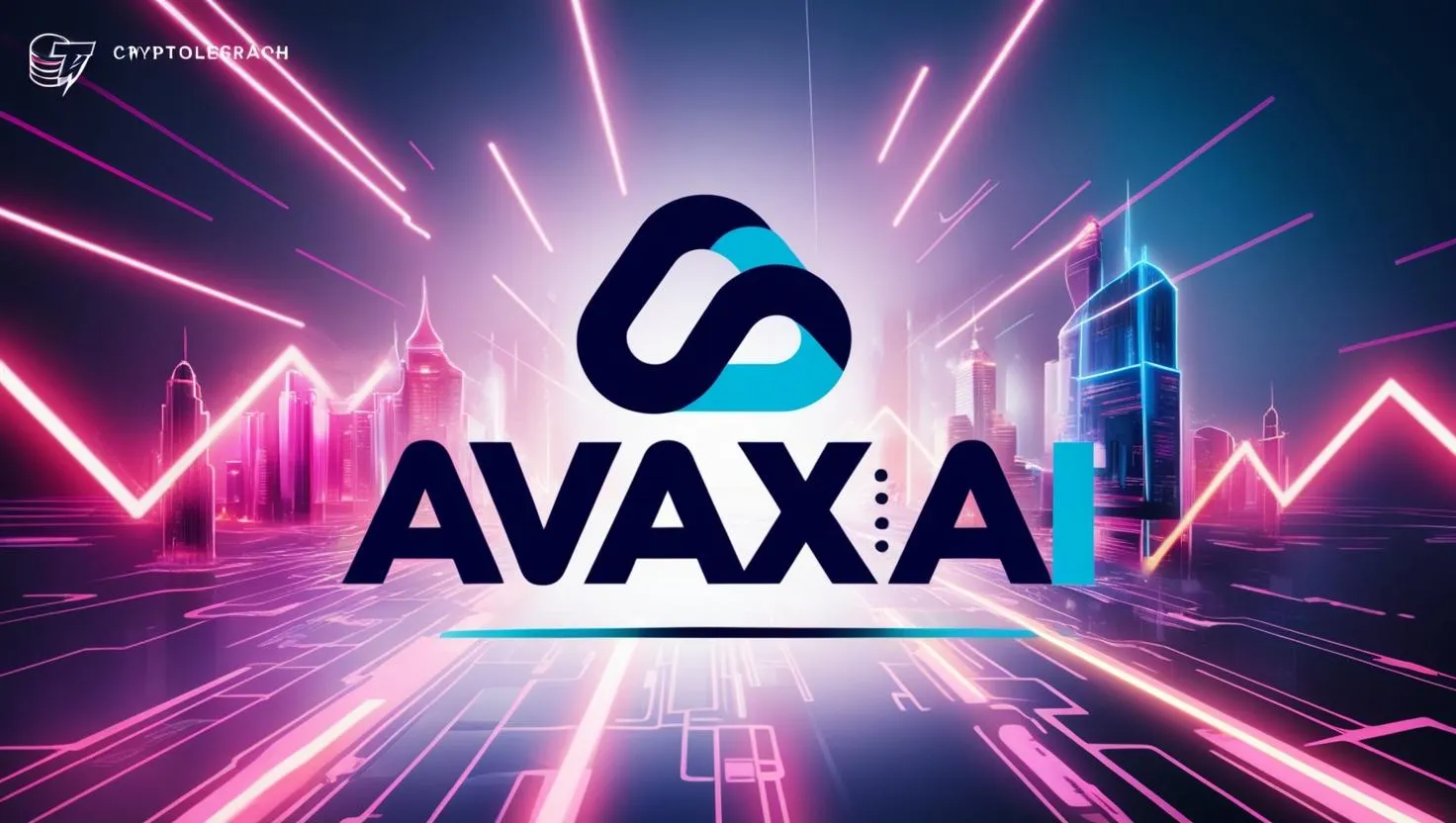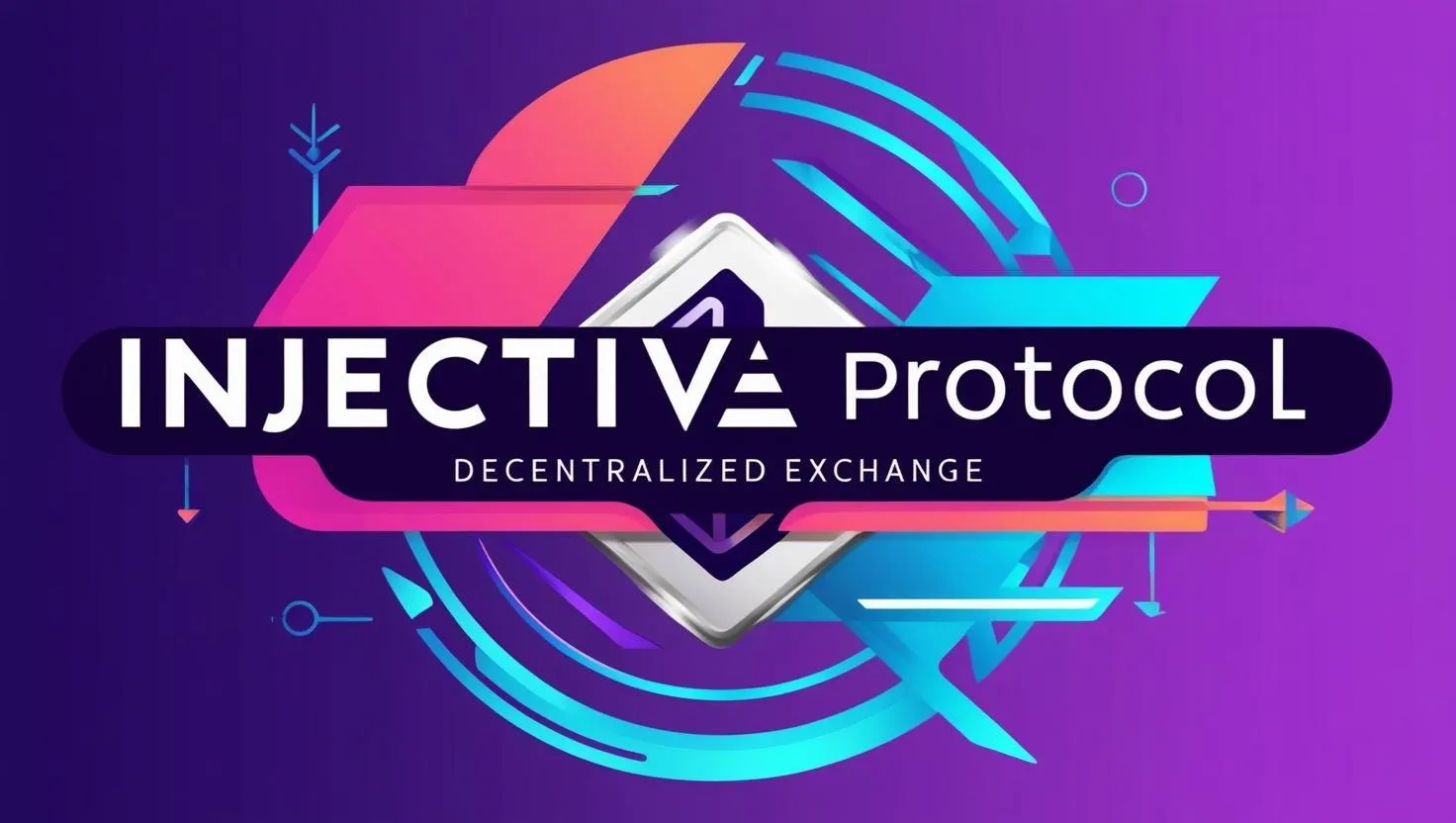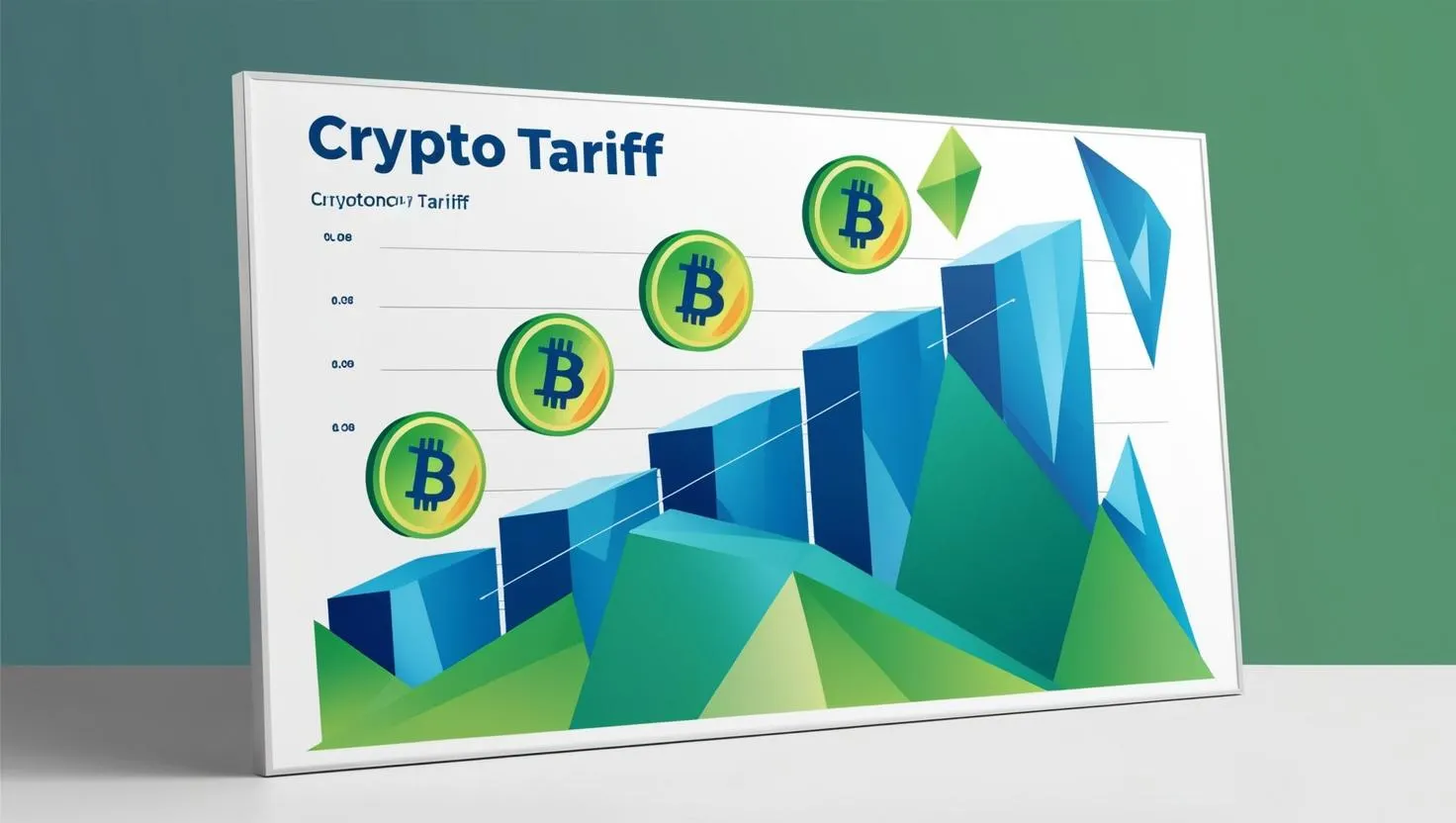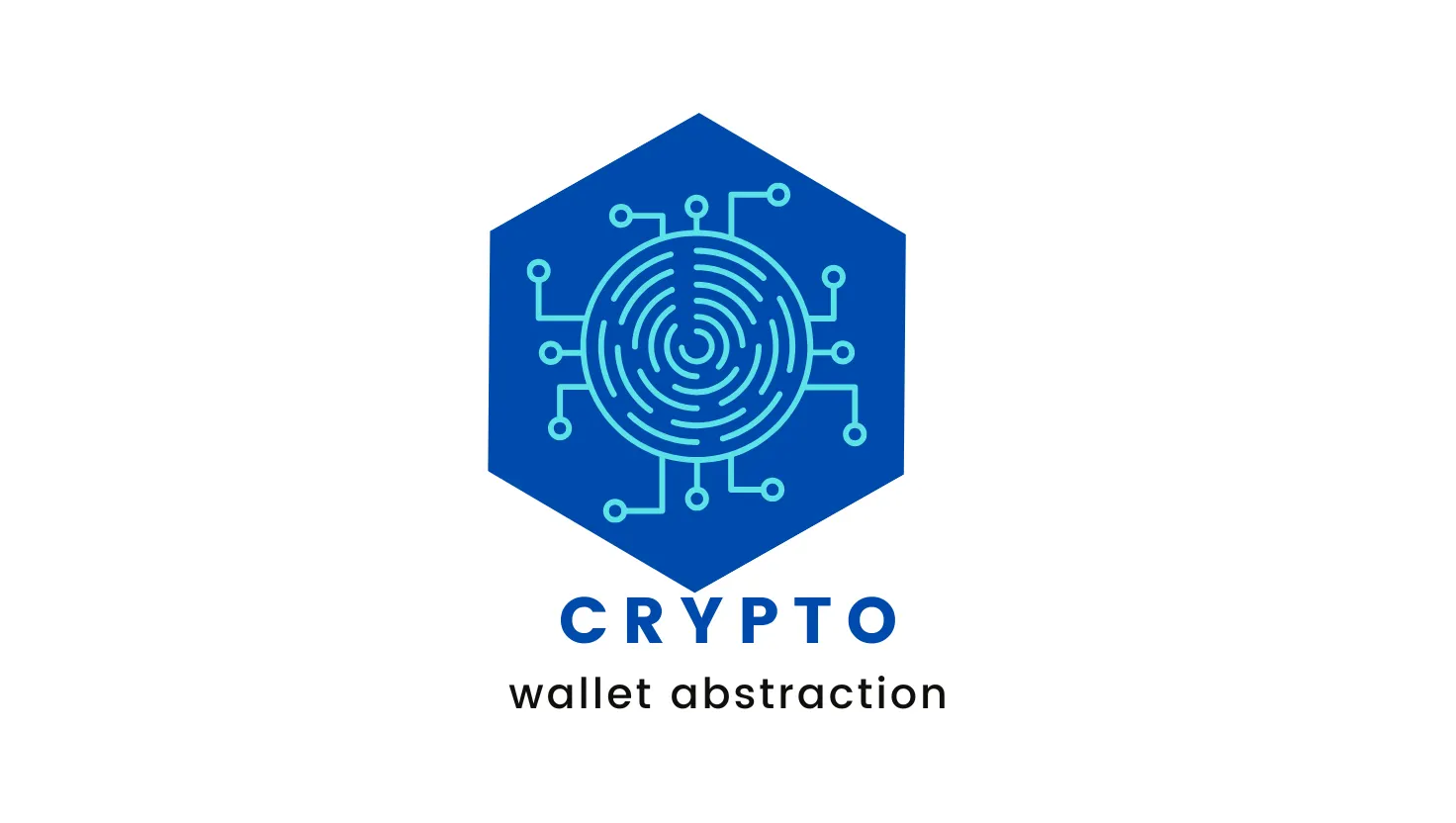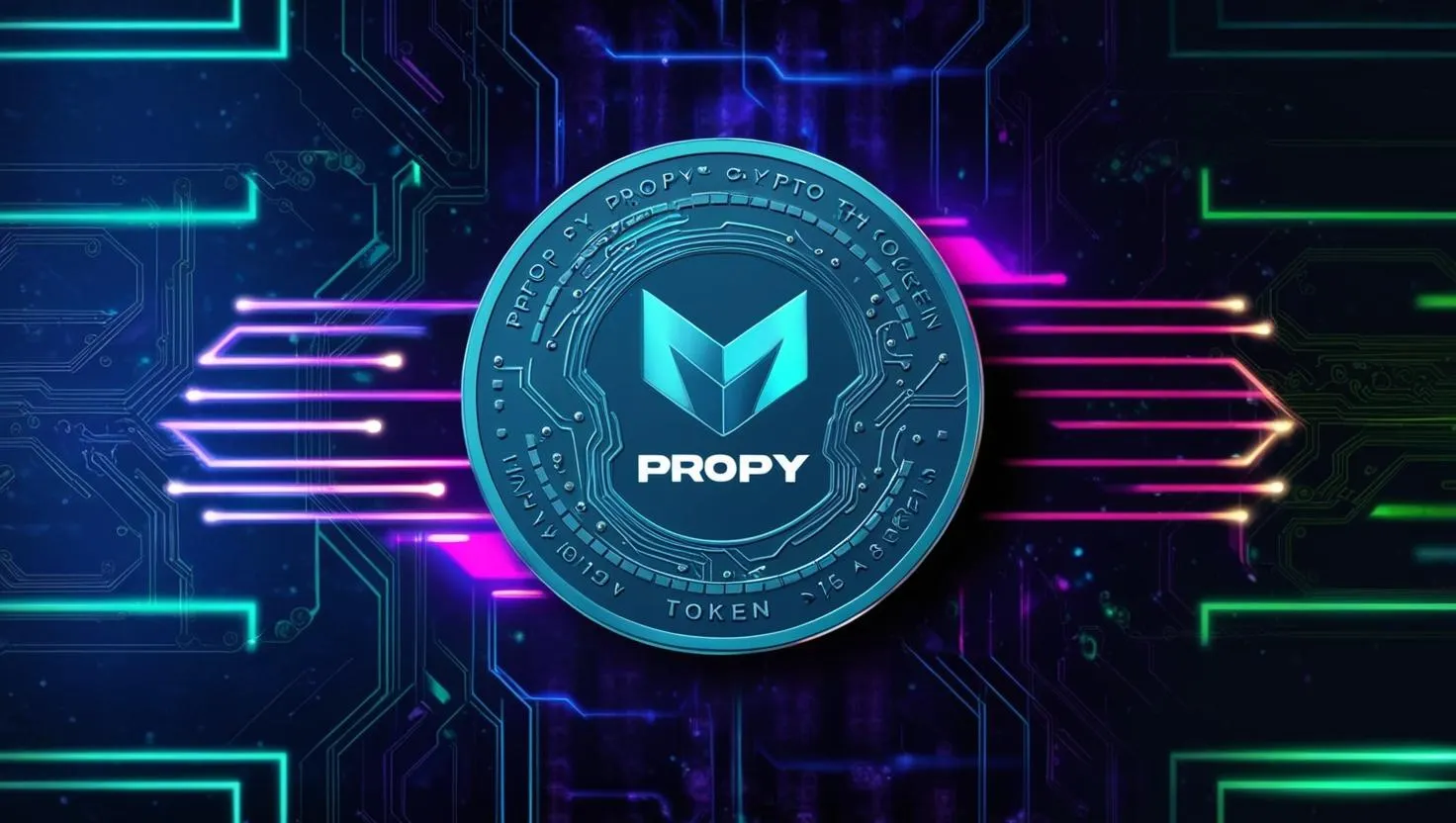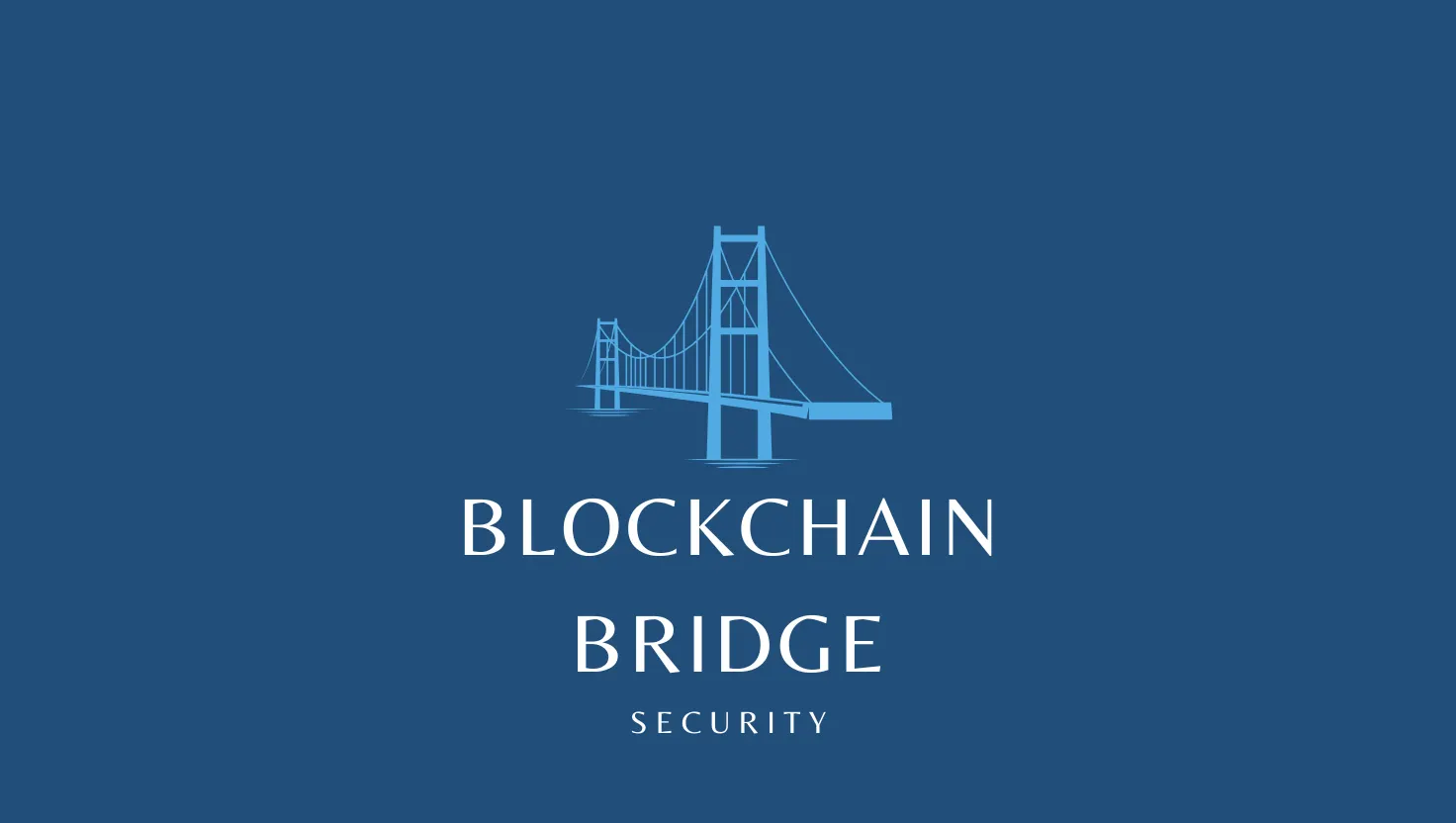Aave: How to Lend, Borrow, and Earn in Decentralized Finance
Aave: A Comprehensive Guide
Aave is a decentralized finance (DeFi) protocol that empowers users to lend and borrow cryptocurrencies. Operating on a foundation of smart contracts, Aave facilitates a peer-to-peer lending system where users can deposit crypto assets and earn interest as others borrow them. Conversely, users can borrow cryptocurrencies by depositing other crypto assets as collateral.
Core Mechanisms:
- Liquidity Pools: Aave operates through pools of cryptocurrencies. Users deposit assets into these pools, becoming lenders and earning interest on their contributions.
- Lending & Borrowing:
- Lending: Deposit cryptocurrencies (e.g., ETH, USDT, USDC) into a pool to earn interest as borrowers utilize those funds.
- Borrowing: Borrow cryptocurrencies by depositing other cryptocurrencies as collateral. Aave employs an over-collateralization model, requiring borrowers to deposit more value as collateral than the amount borrowed.
- Interest Rates:
- Variable Rates: Fluctuate dynamically based on supply and demand within the lending pool.
- Stable Rates: Offer fixed interest rates for a short duration, though subject to adjustments in response to significant market shifts.
- Loan-to-Value (LTV) Ratio: Determines the maximum borrowing limit based on the value of the collateral. For instance, an 80% LTV allows borrowing up to 80% of the collateral's value.
- Liquidation: If the value of a borrower's collateral falls below a predefined threshold (liquidation threshold), Aave can automatically liquidate the collateral to repay the loan, safeguarding lenders from potential losses.
Key Features & Innovations:
- Flash Loans: Enable users to borrow cryptocurrencies without collateral for a single transaction, provided they repay the loan within the same transaction. Flash loans have spurred innovation in DeFi, facilitating applications like arbitrage, token swaps, and complex financial operations.
- Aave Governance Token (AAVE): Holders of the AAVE token possess governance rights, empowering them to participate in decisions regarding protocol upgrades, fee adjustments, and risk parameters.
- Cross-Chain Compatibility: Aave has expanded beyond the Ethereum blockchain, operating on other networks such as Polygon, Avalanche, and Arbitrum, enhancing accessibility and efficiency.
- Aave Arc: A dedicated platform designed for institutional investors, offering features like Know Your Customer (KYC) and Anti-Money Laundering (AML) compliance.
Benefits:
- Decentralization: Eliminates the need for intermediaries like banks, granting users greater control over their funds.
- Transparency: All transactions are recorded on the blockchain, ensuring transparency and auditability.
- Accessibility: Available 24/7 from anywhere with an internet connection.
- Efficiency: Automated processes streamline lending and borrowing.
- Innovation: Aave has pioneered numerous innovations in DeFi, including flash loans and cross-chain interoperability.
Risks:
- Smart Contract Risks: While rare, vulnerabilities in the smart contracts could lead to security breaches.
- Market Volatility: Cryptocurrencies are highly volatile. Price fluctuations can significantly impact loan positions and collateral values, potentially leading to liquidation.
- Impermanent Loss: When providing liquidity to pools, users may experience impermanent loss if the price of the deposited assets changes significantly.
Aave's Impact on DeFi:
Aave has played a pivotal role in:
- Expanding DeFi Services: By providing a robust and innovative lending and borrowing platform.
- Driving DeFi Innovation: Through features like flash loans, Aave has stimulated the development of new DeFi applications and protocols.
- Improving Financial Inclusion: By offering access to financial services to users worldwide.
Disclaimer:
This information is for educational purposes only and should not be considered financial advice. DeFi involves significant risks. Always conduct thorough research and understand the risks before participating. Consider consulting with a qualified financial advisor before making any investment decisions.

